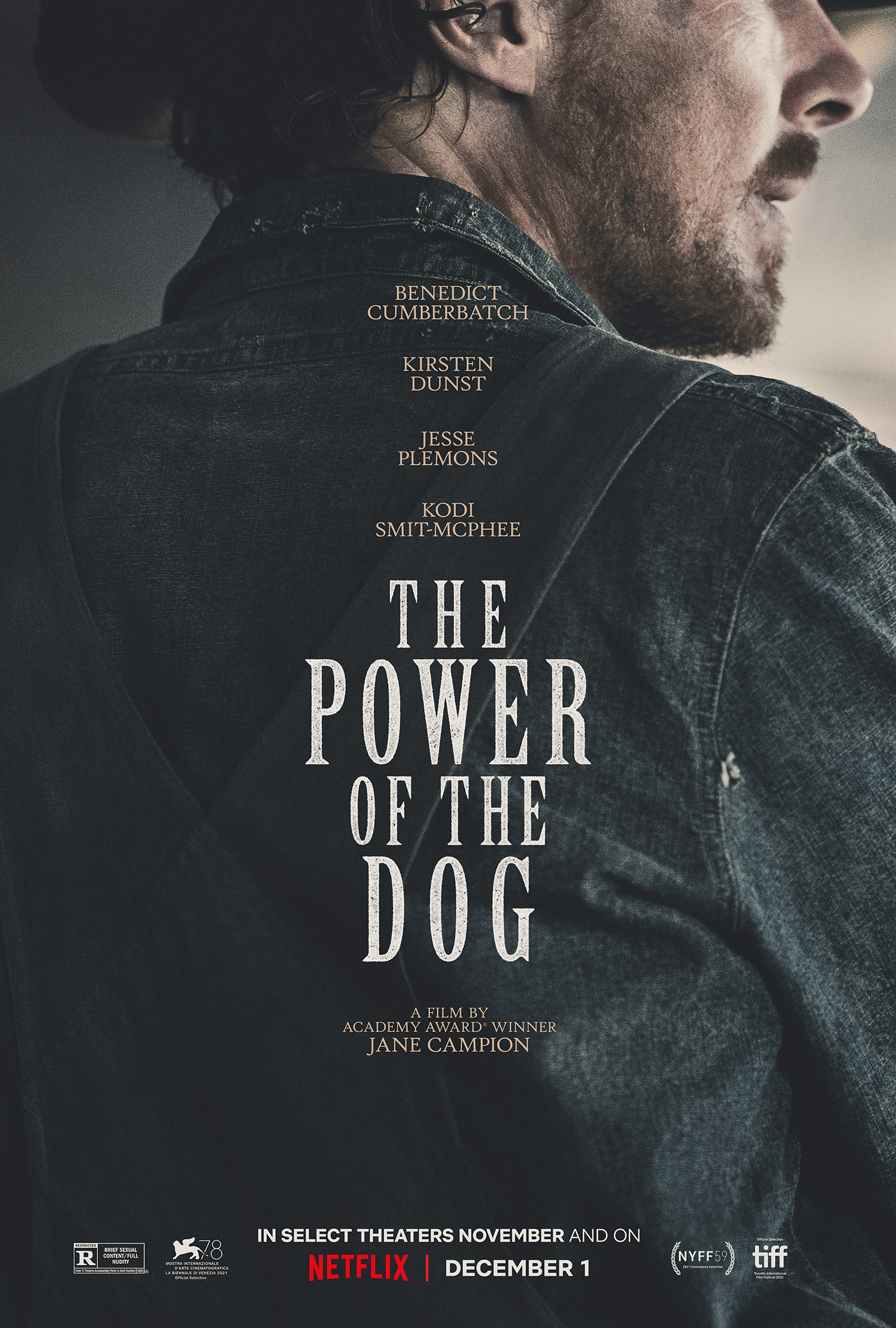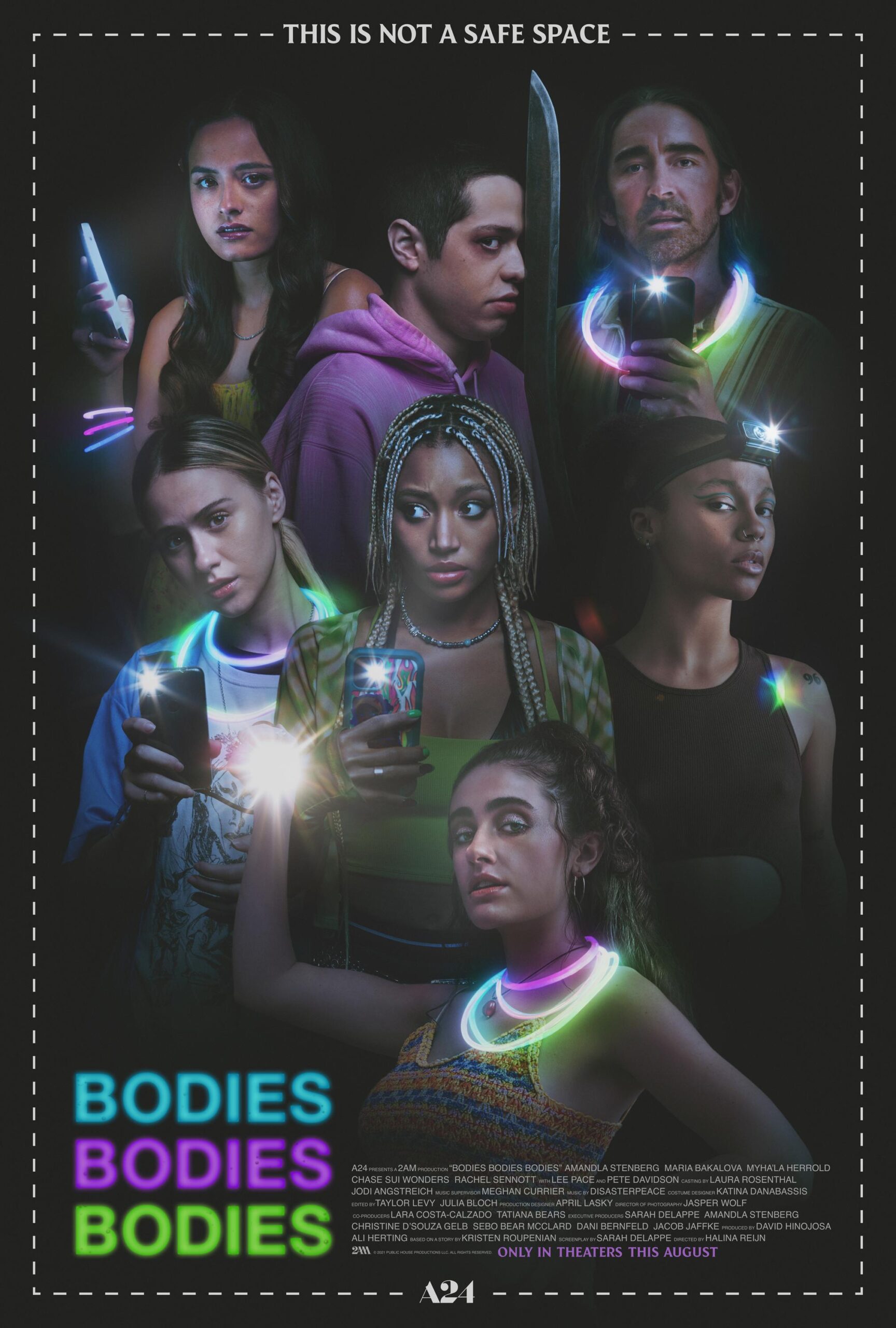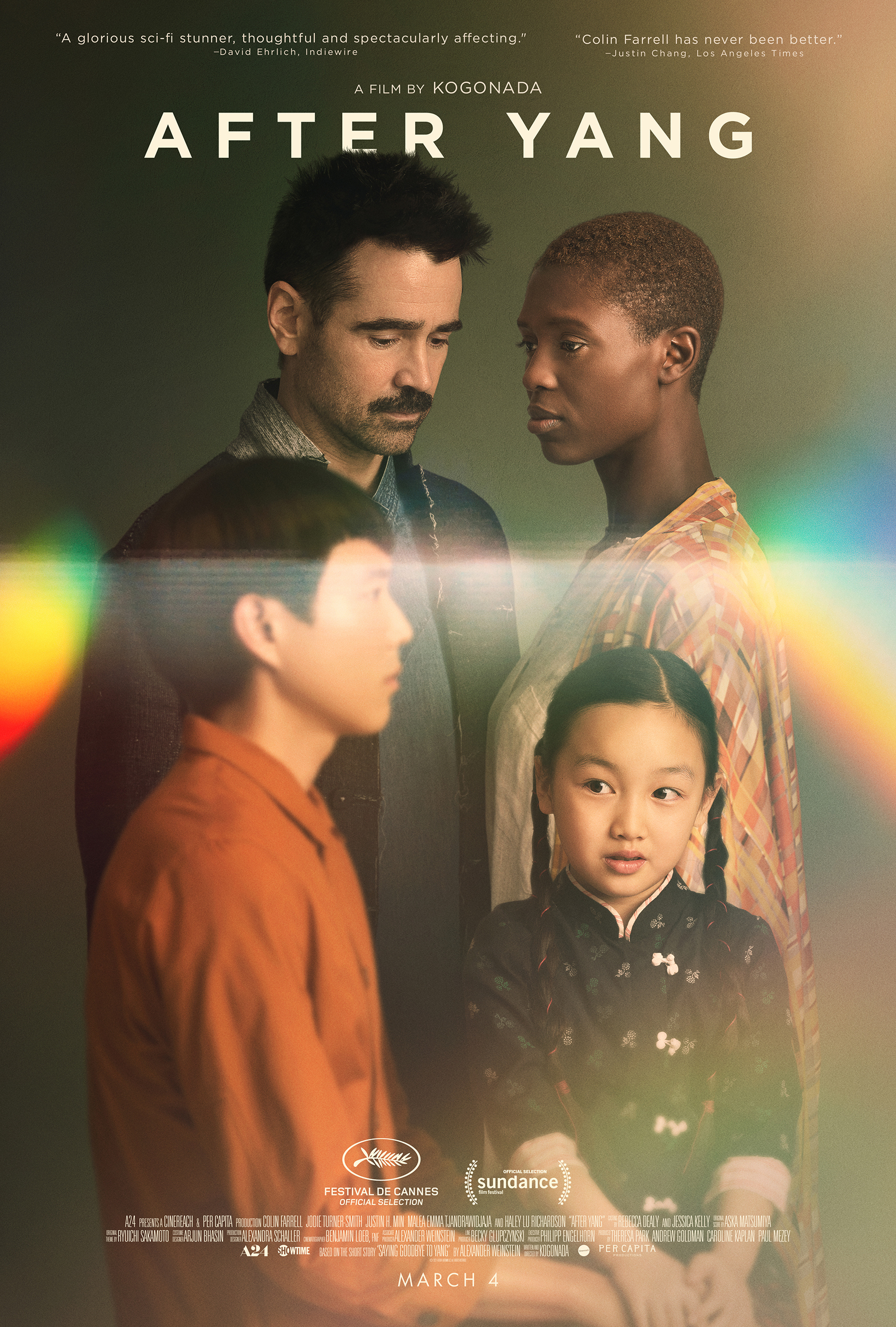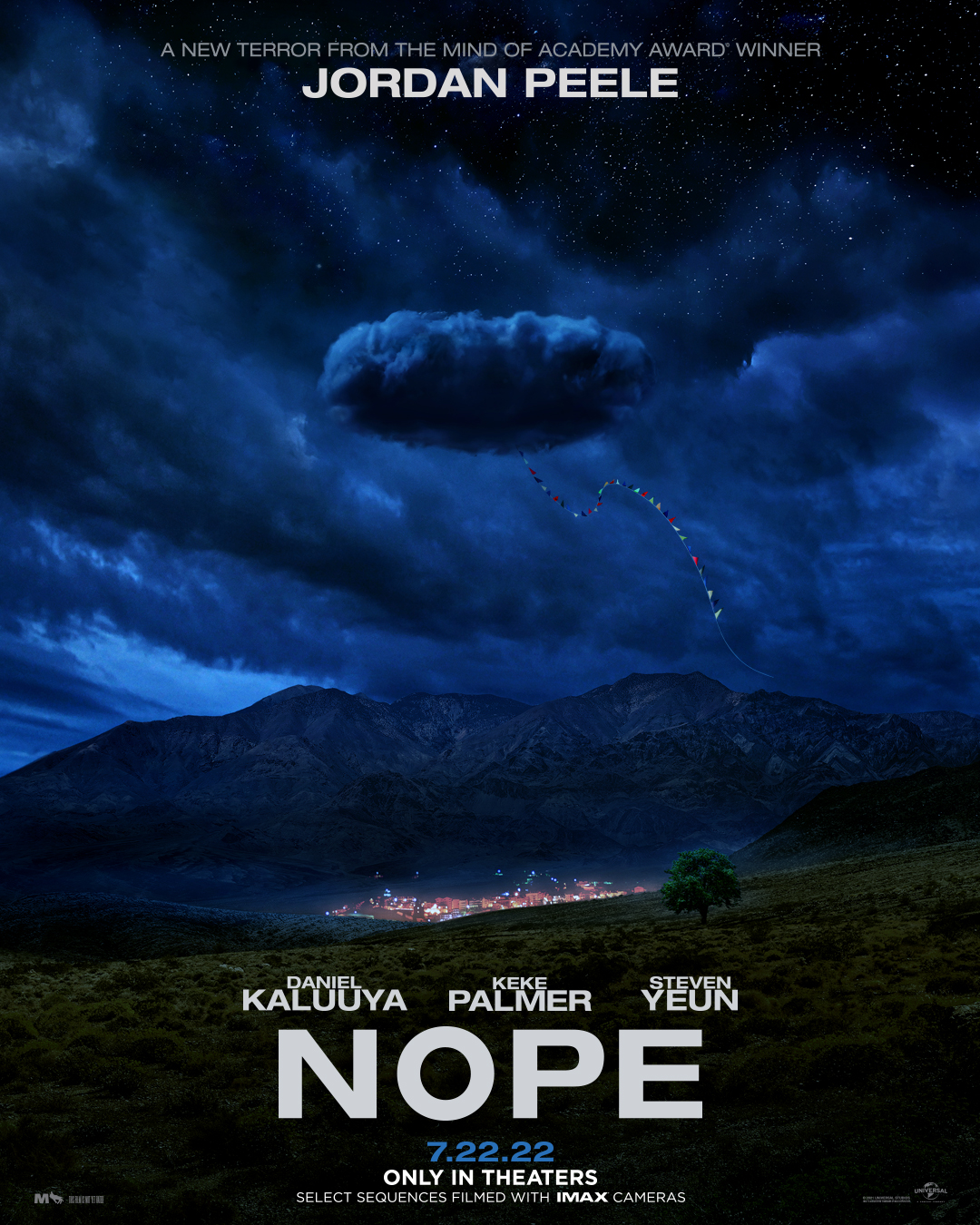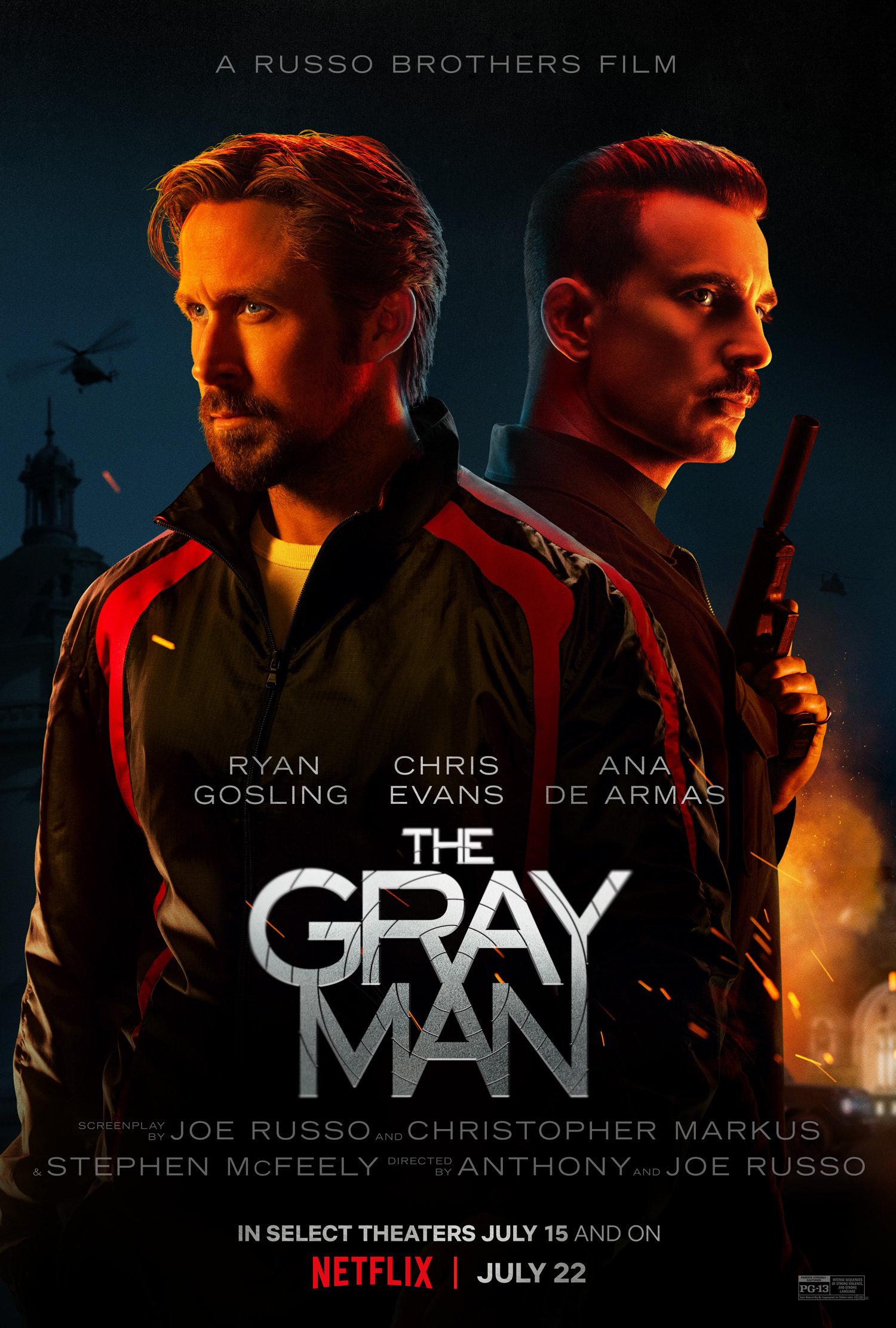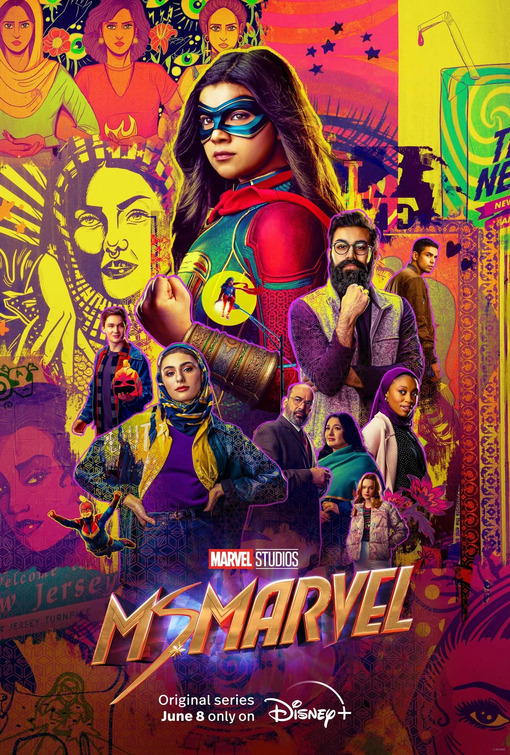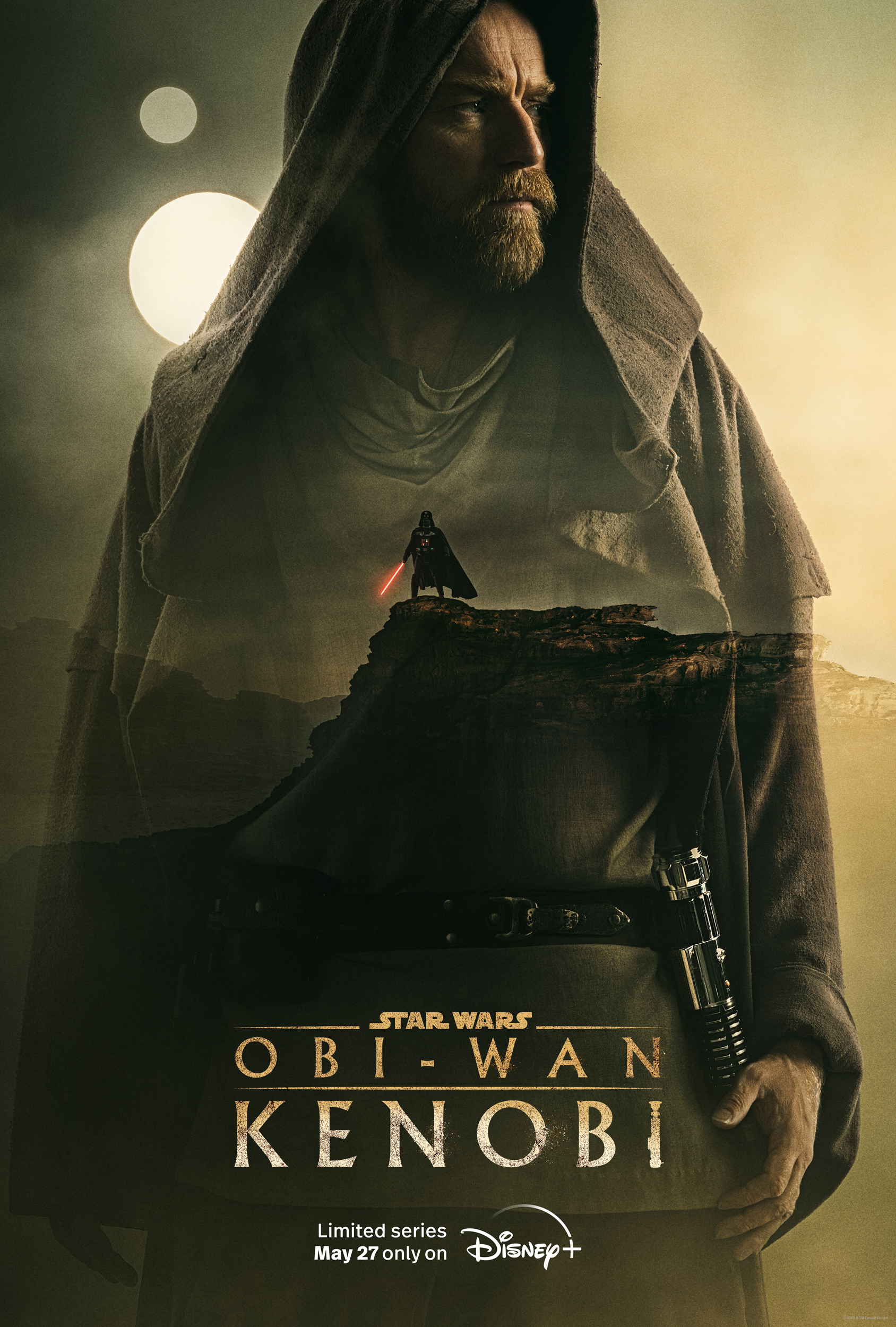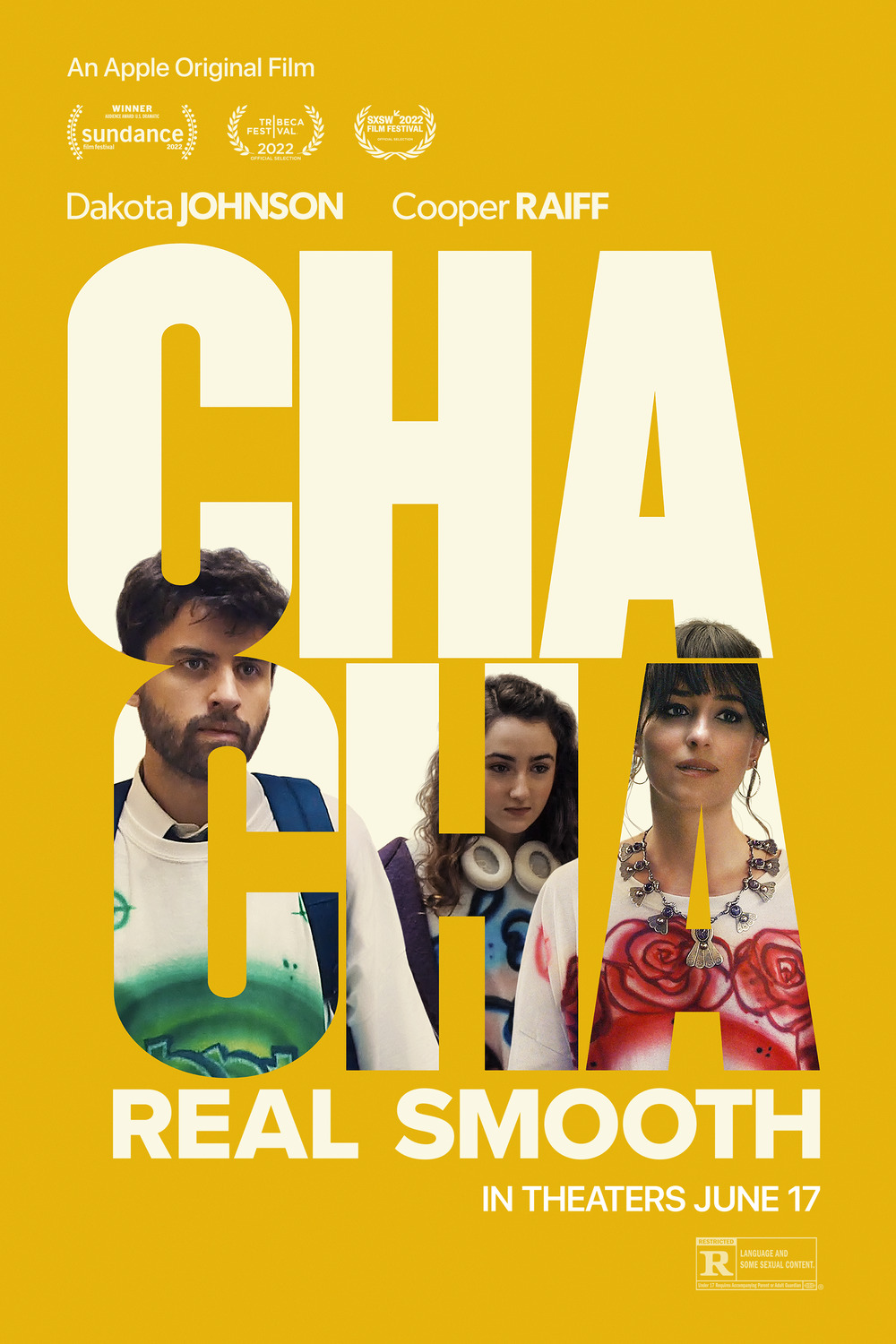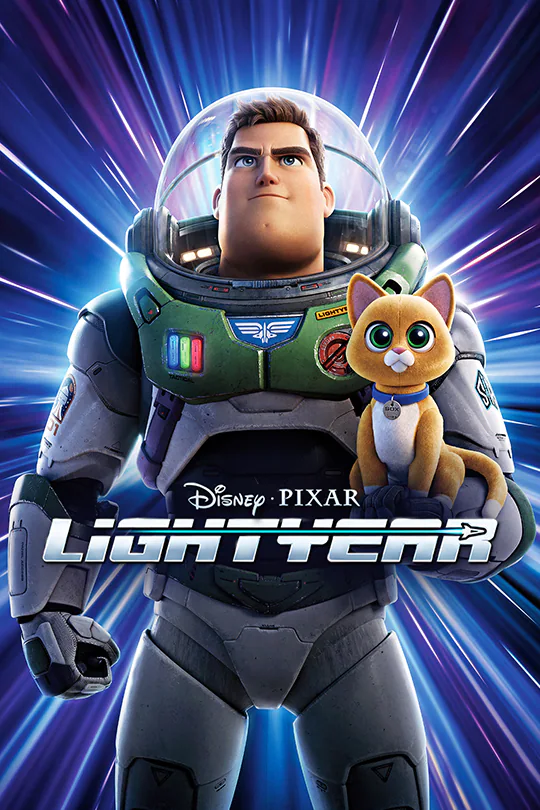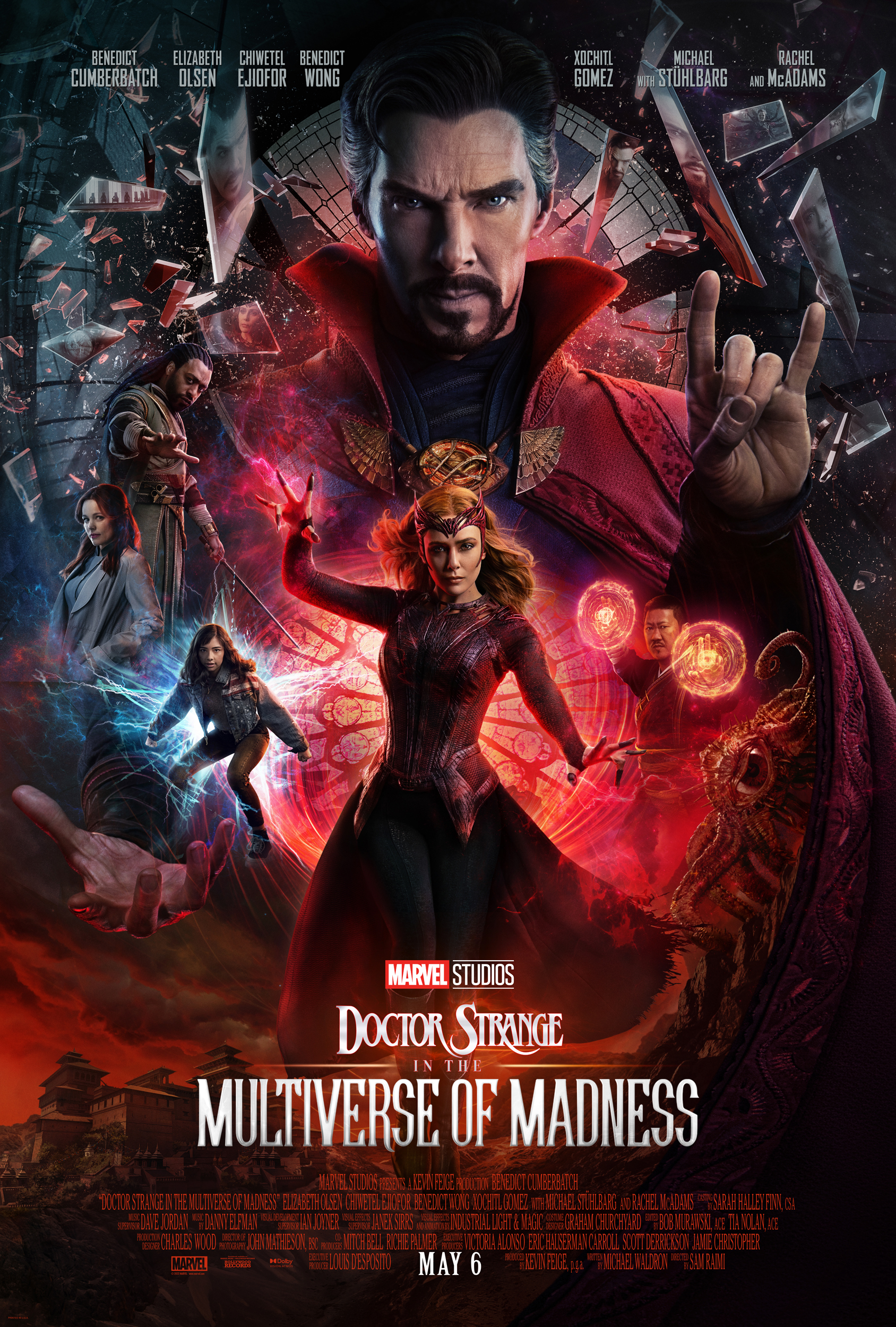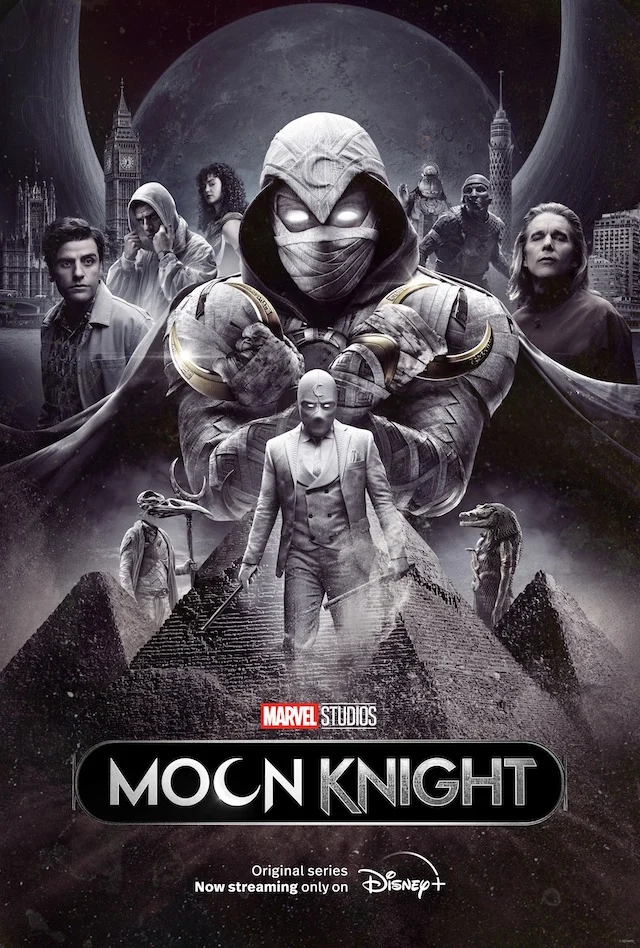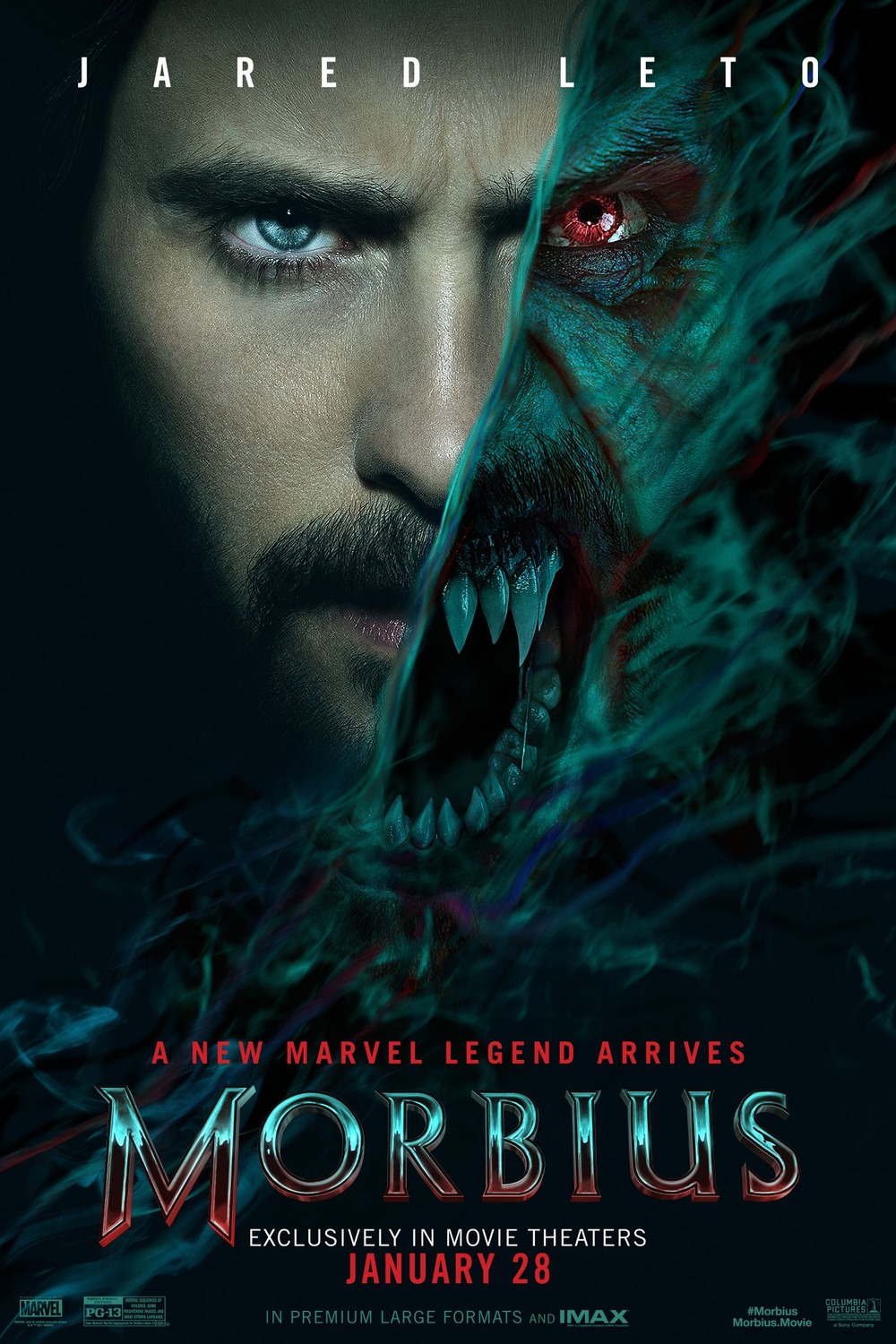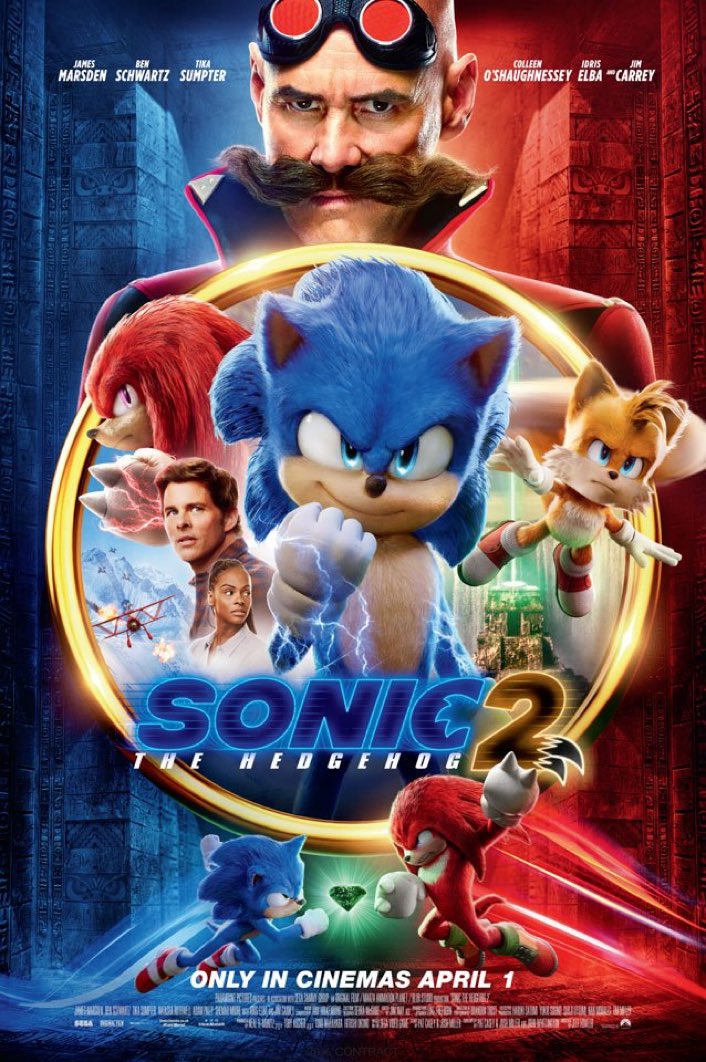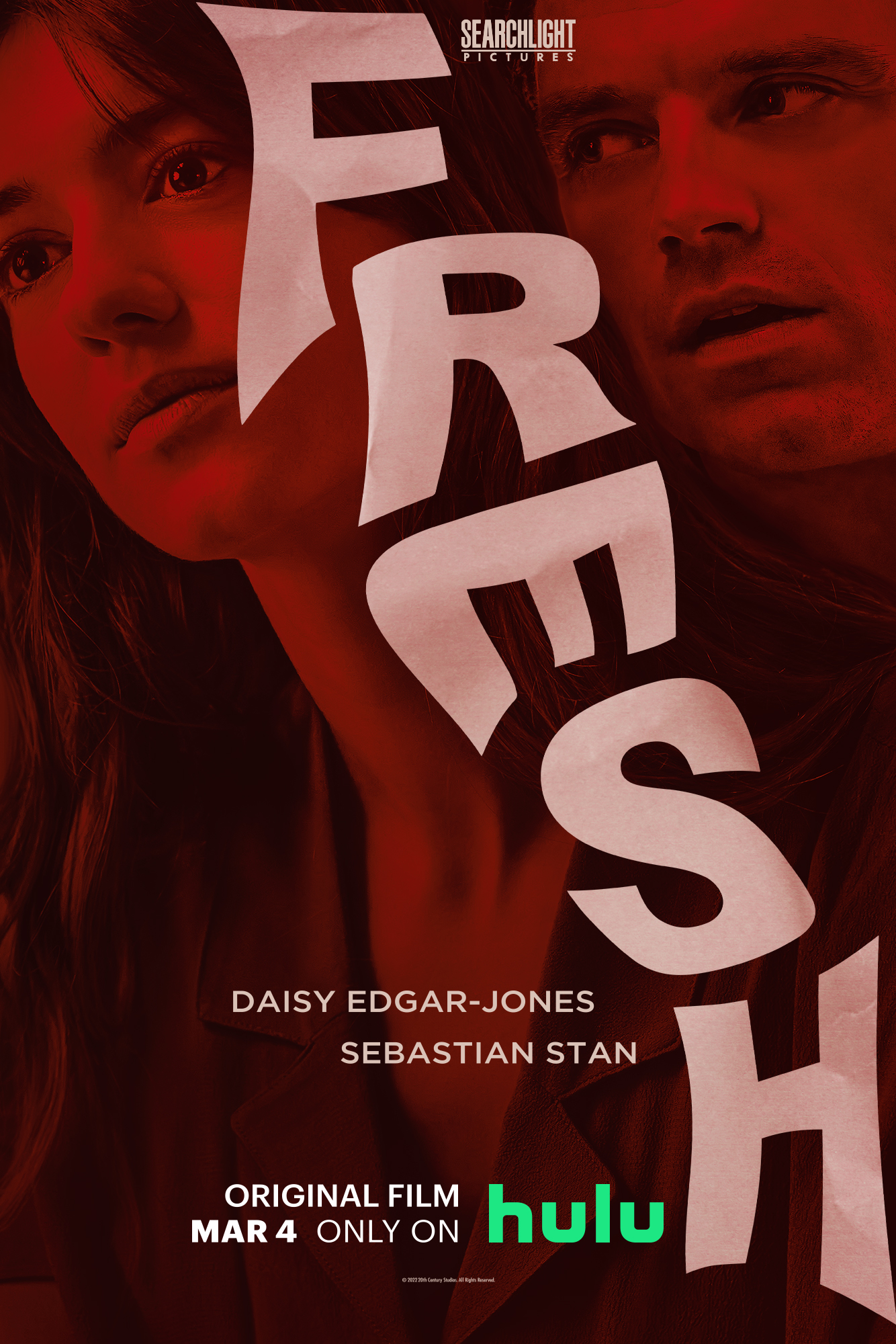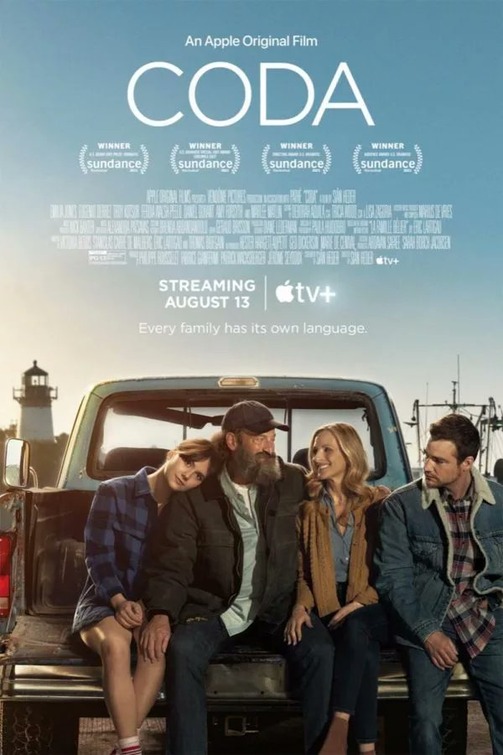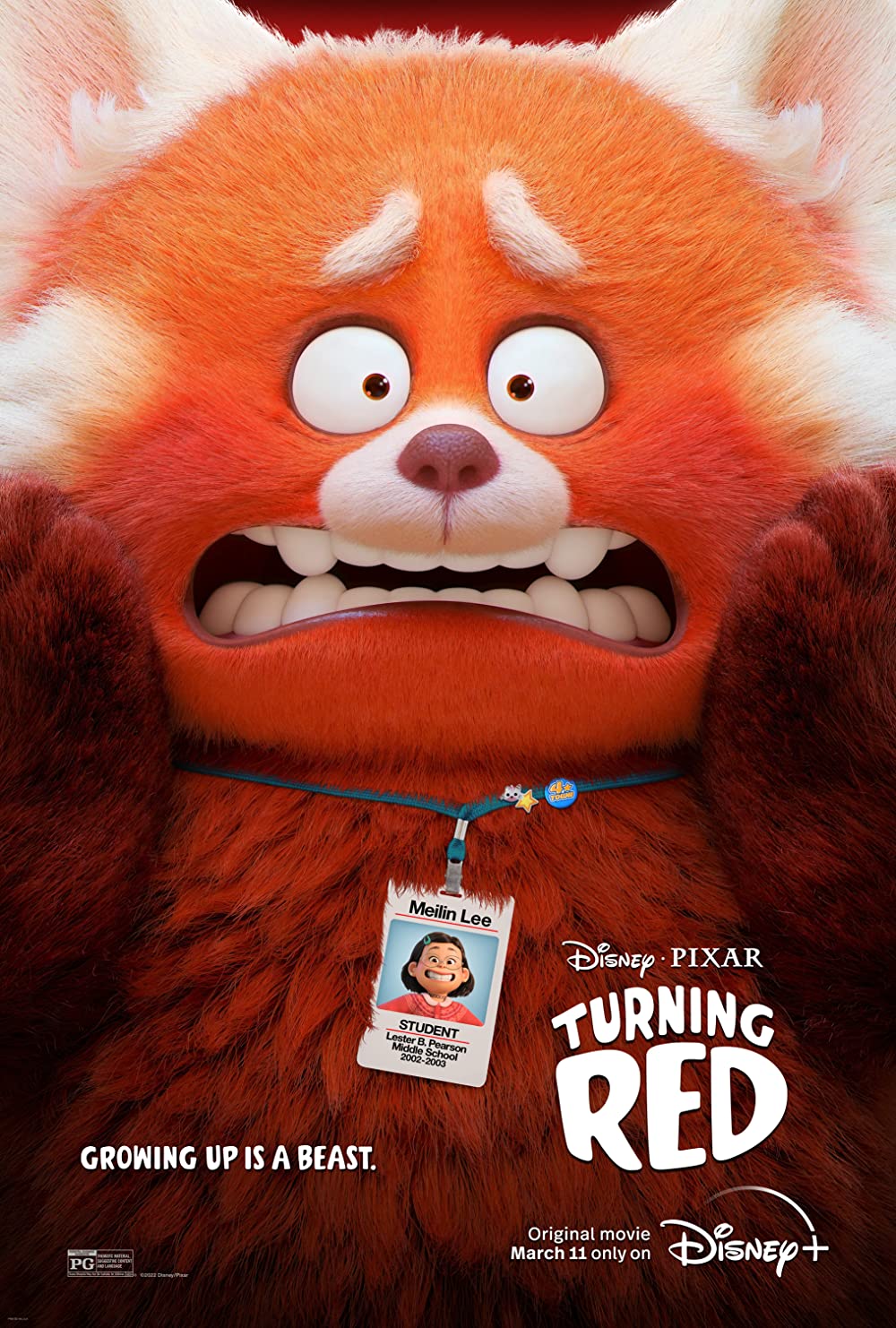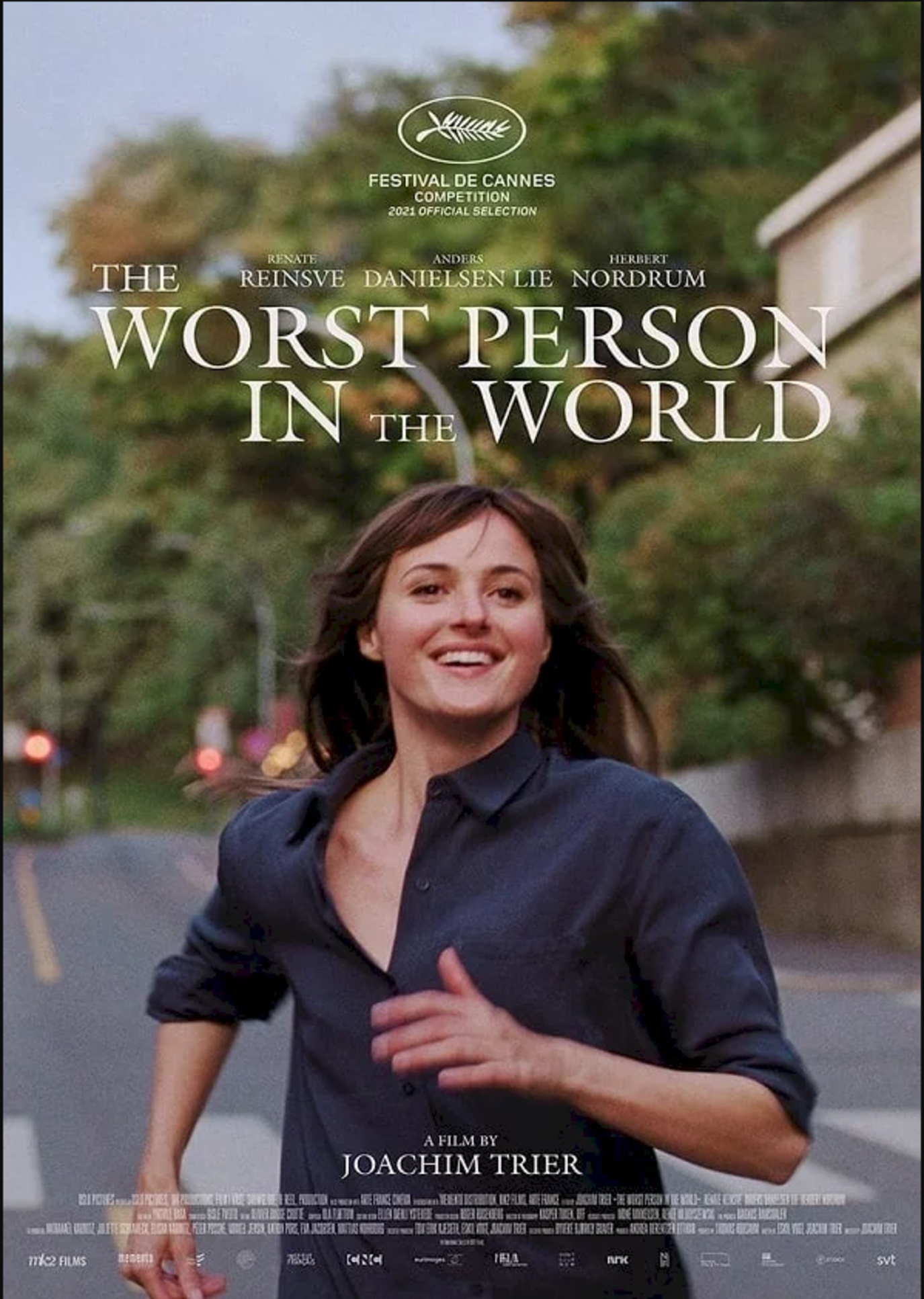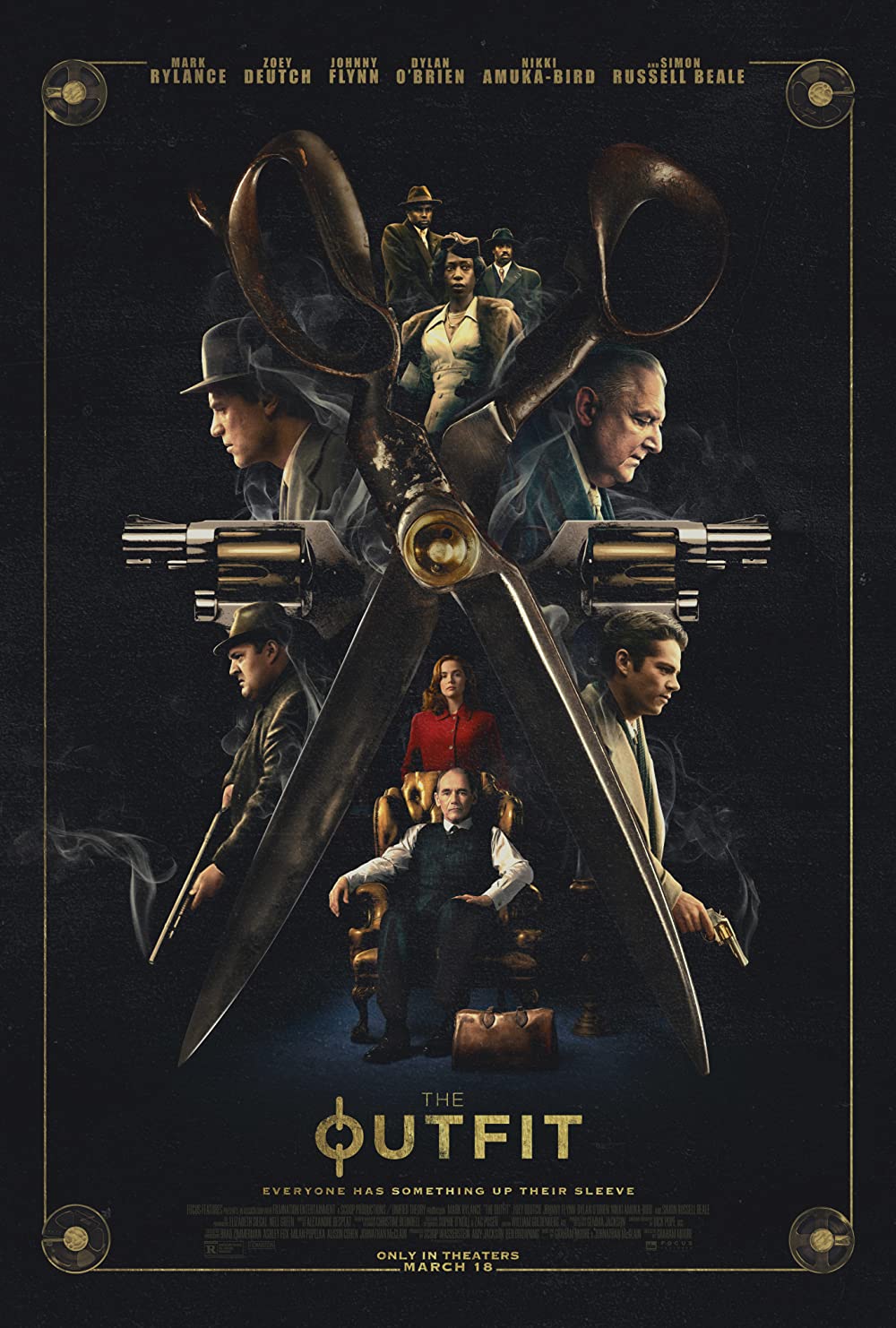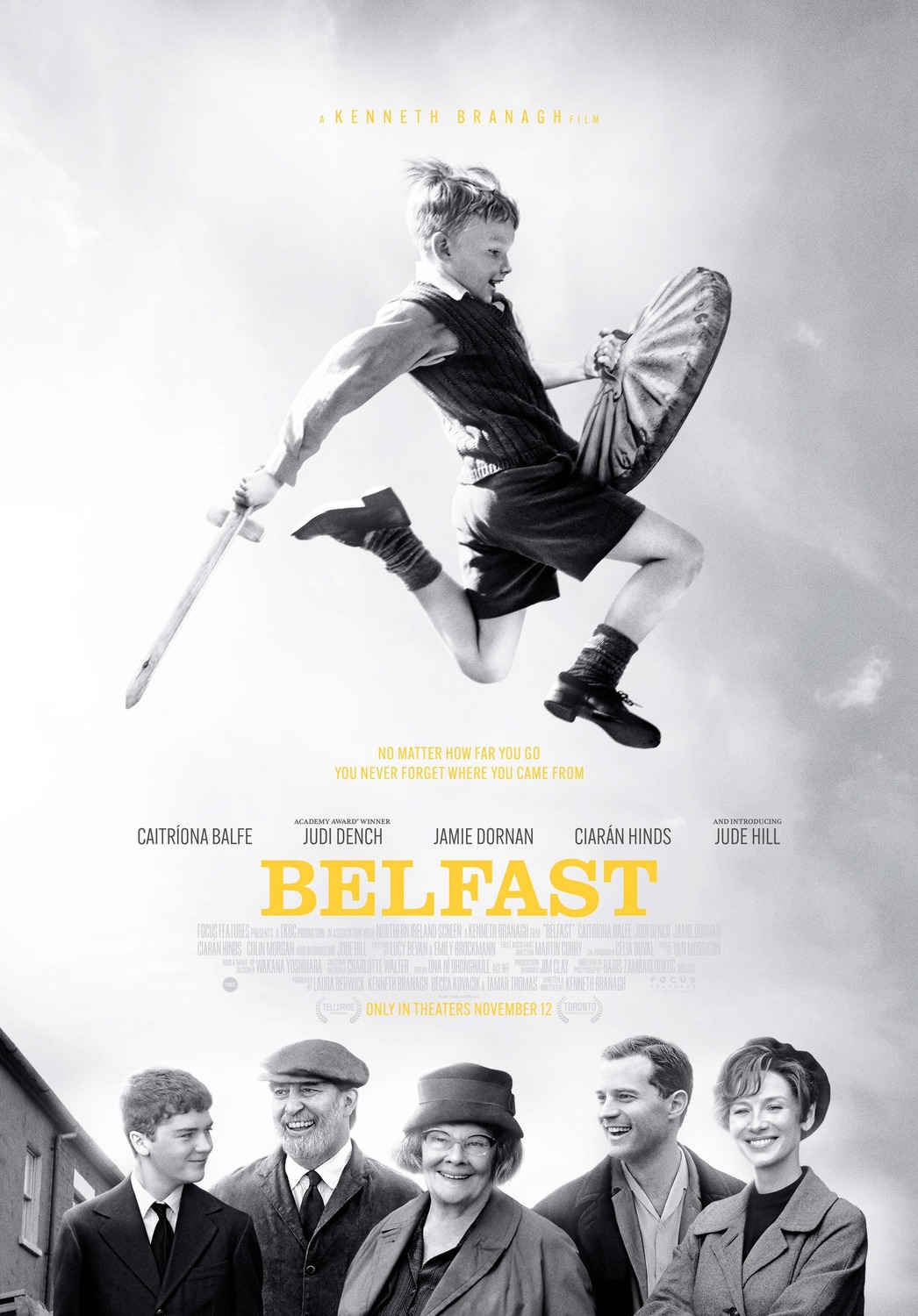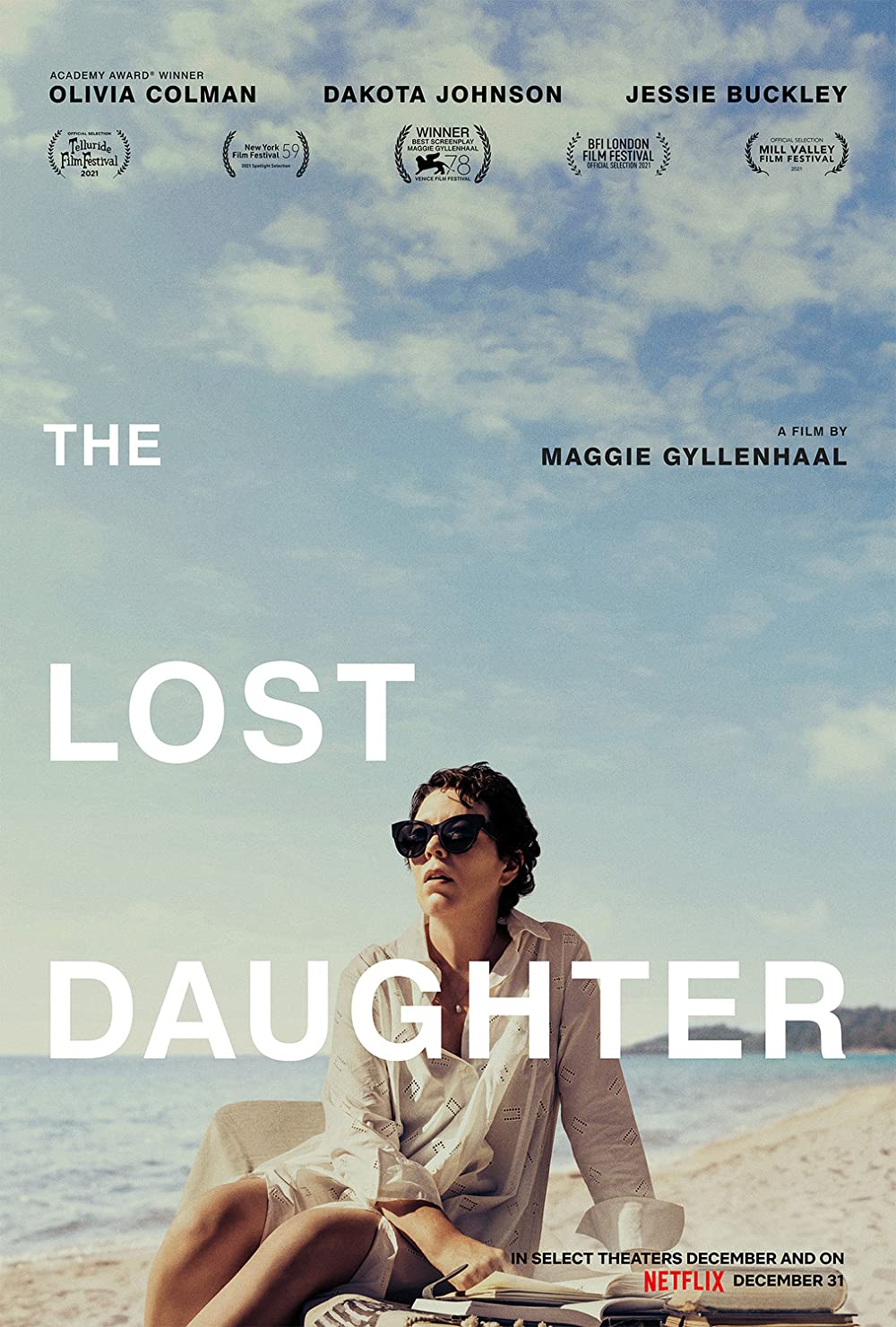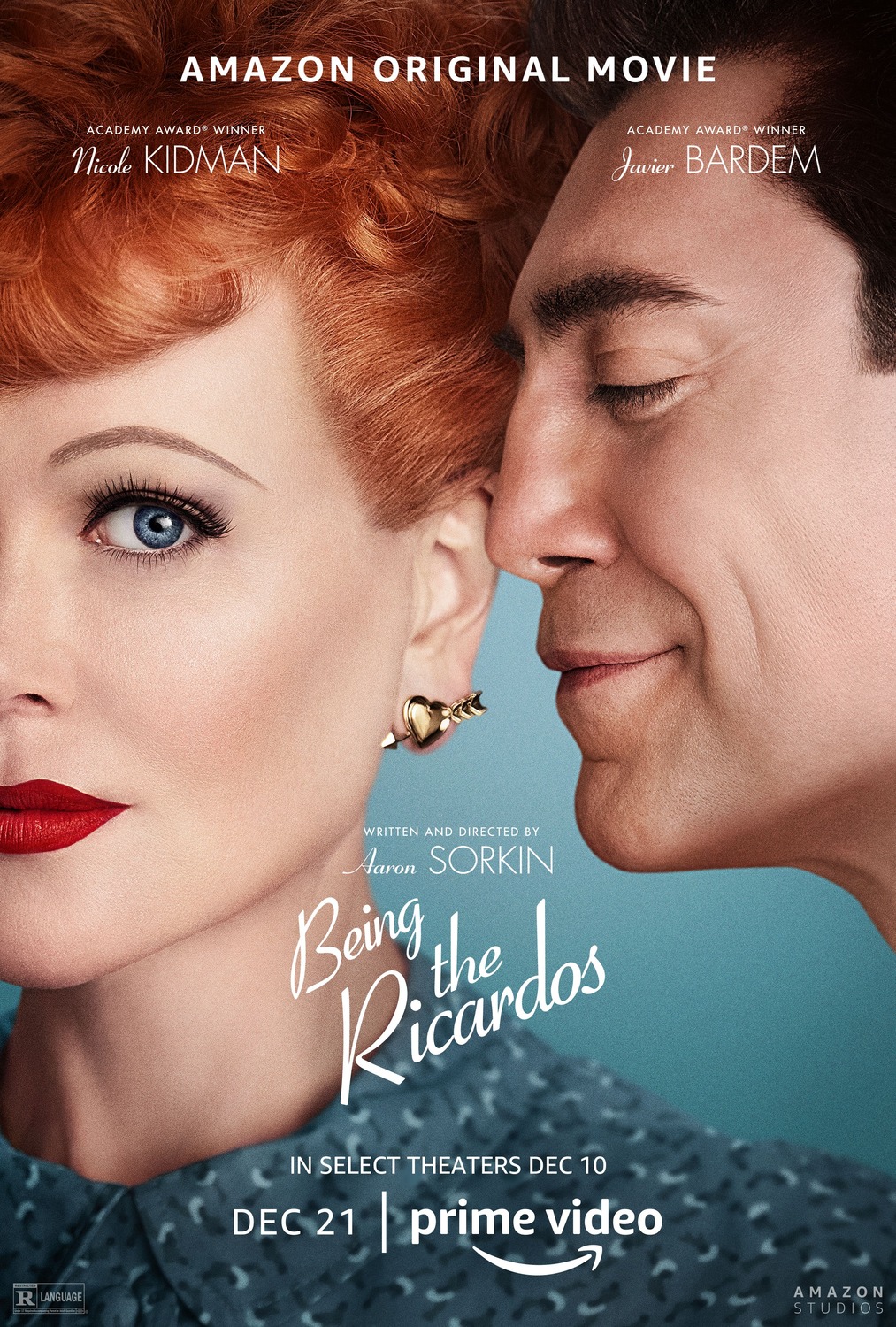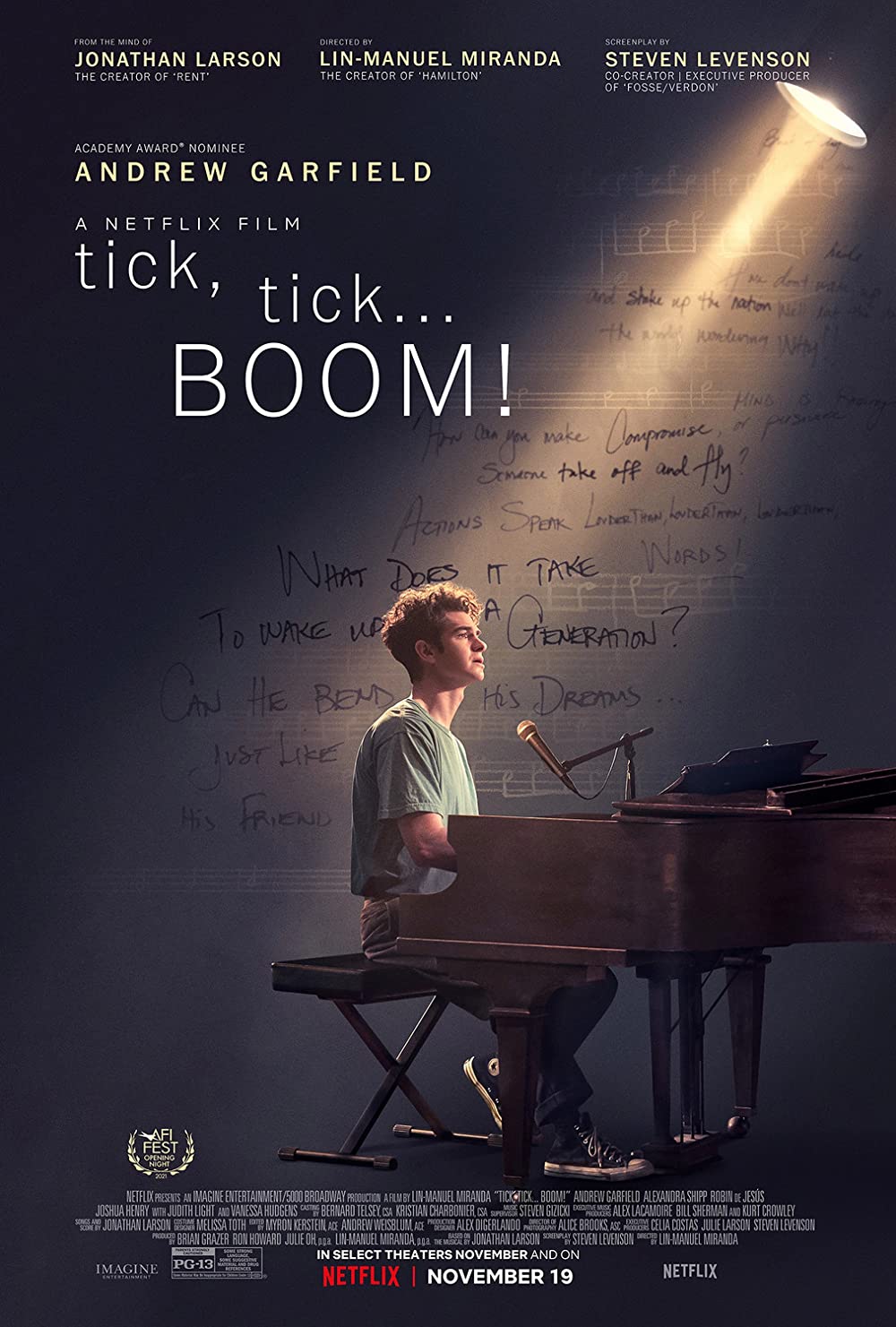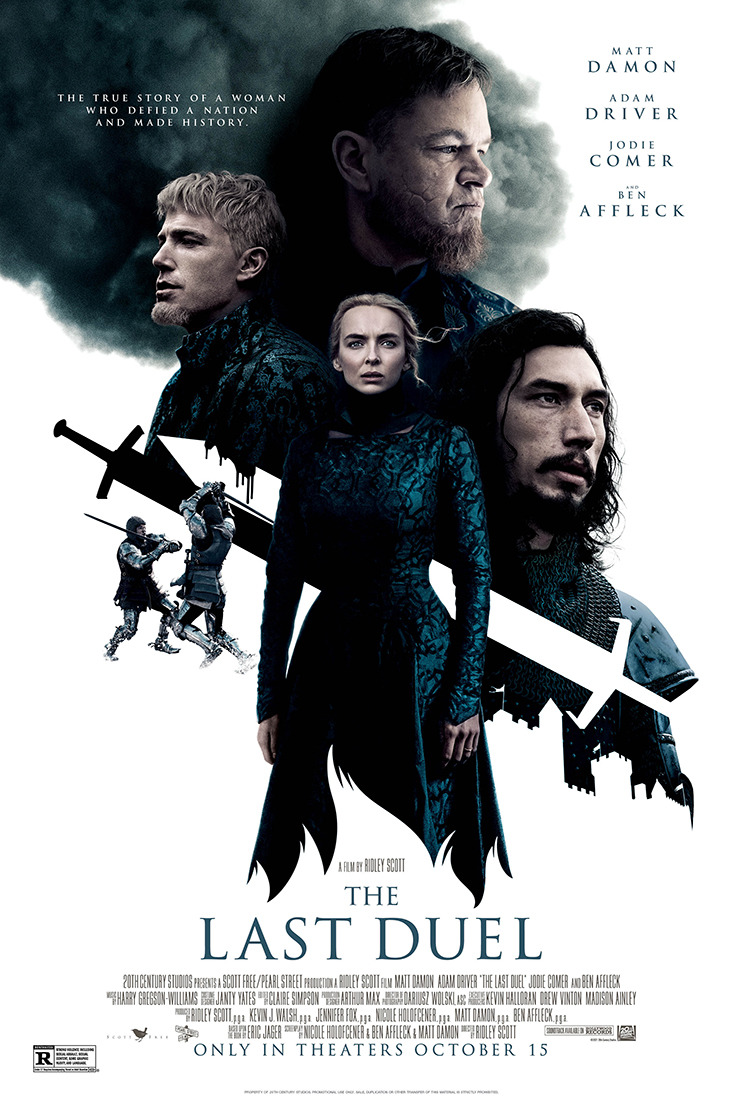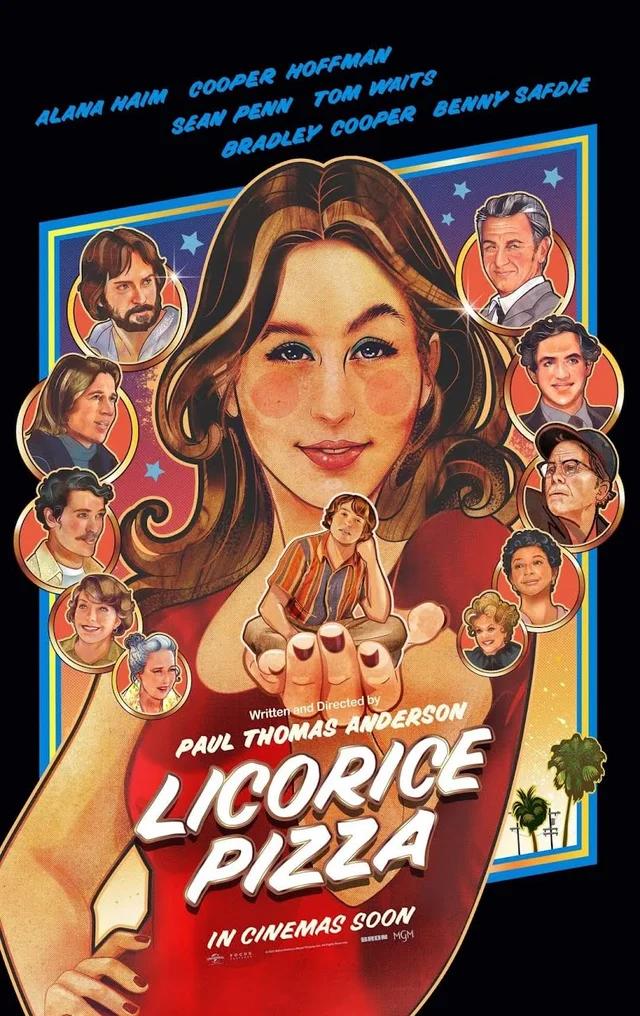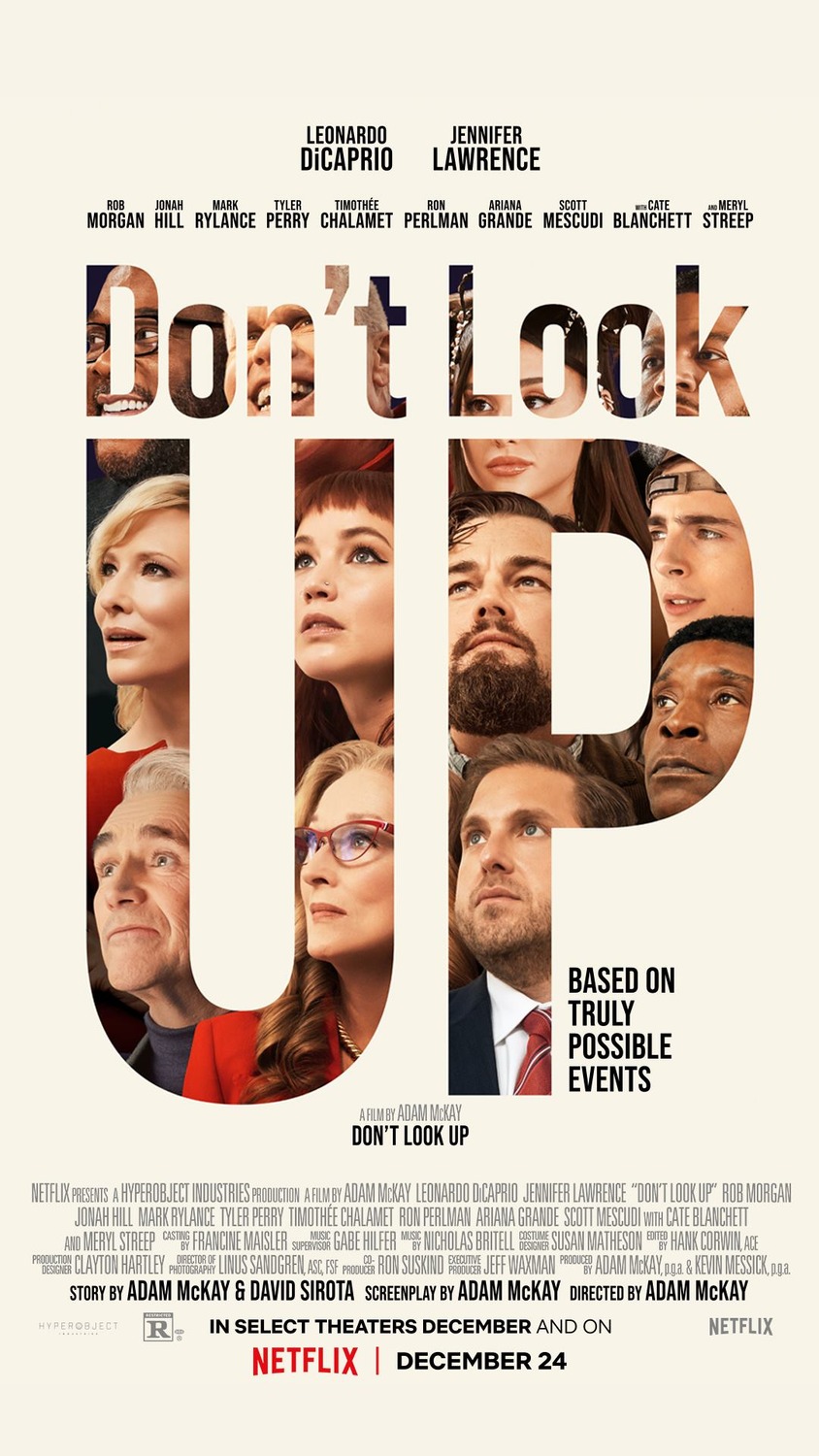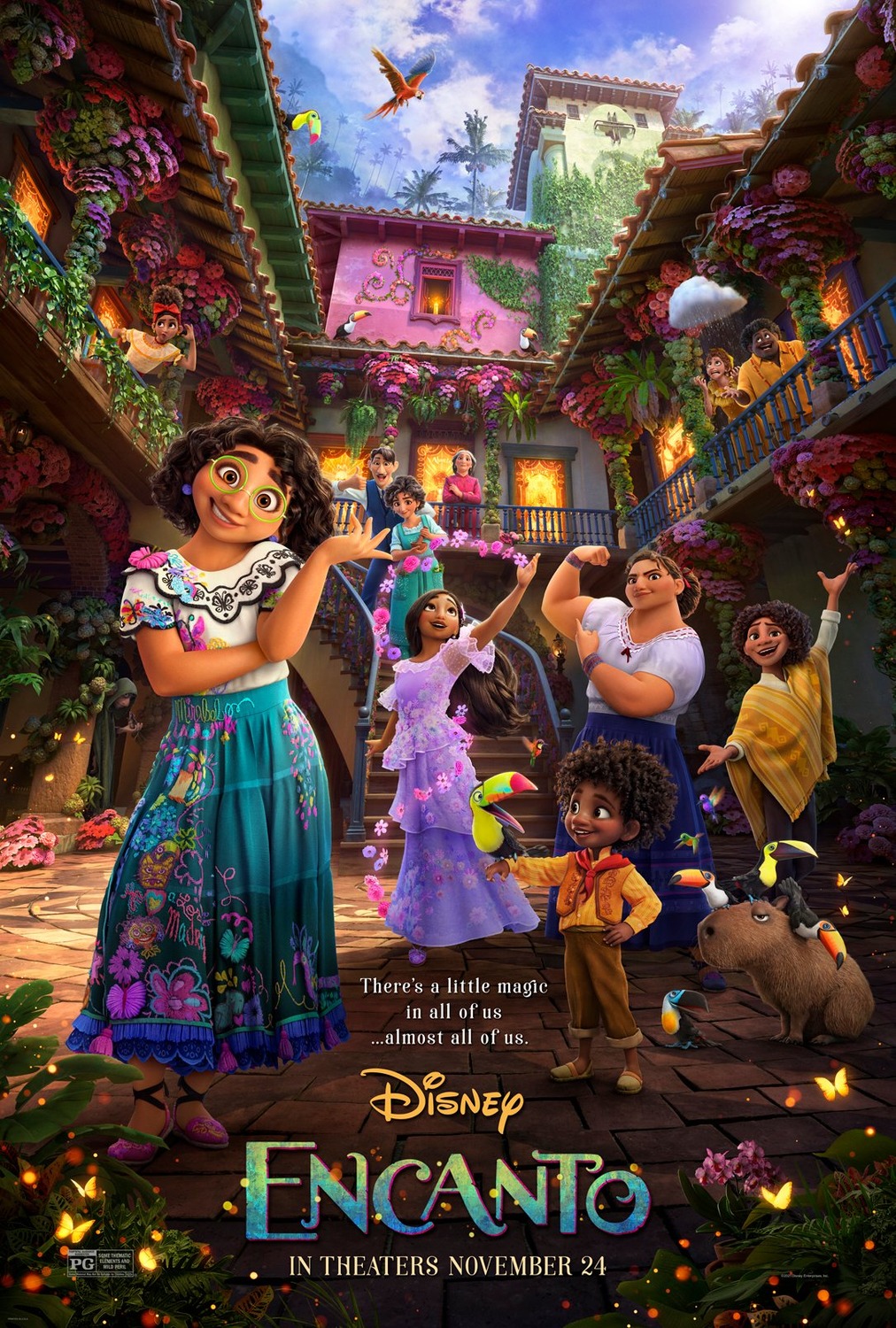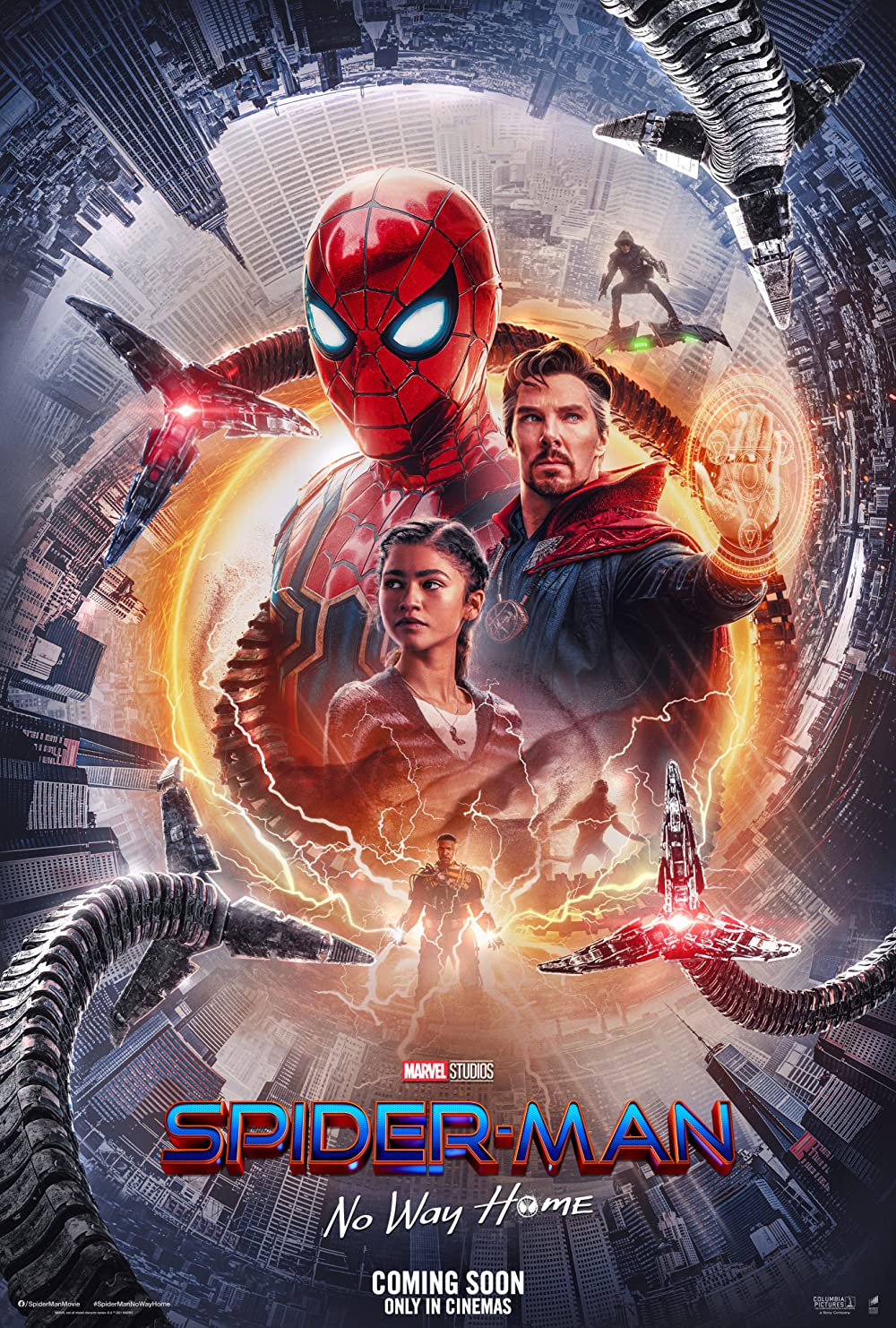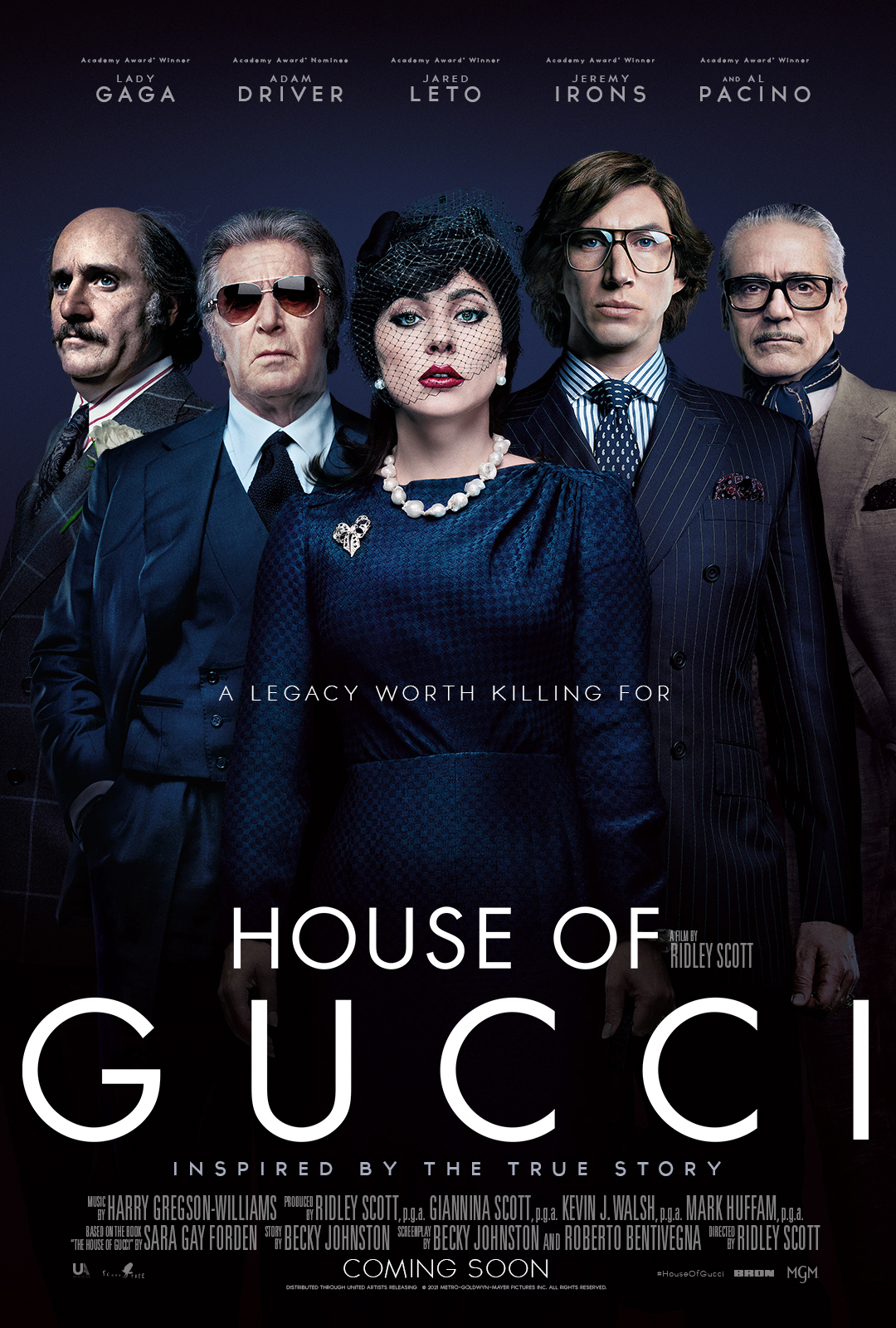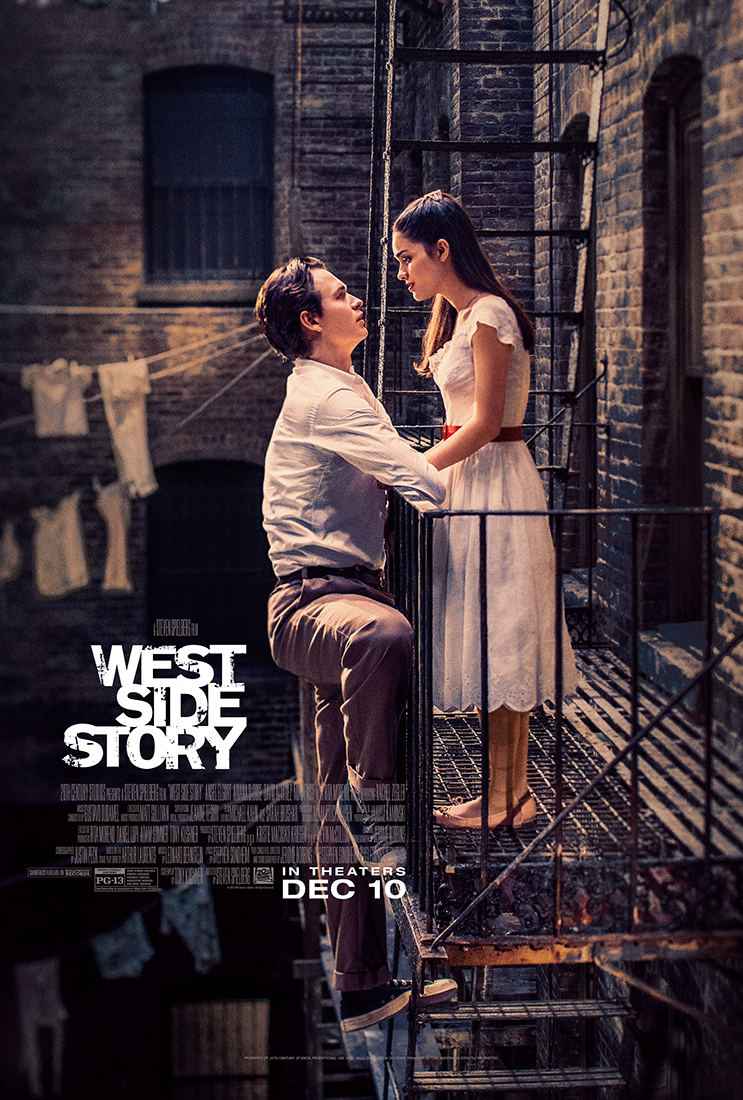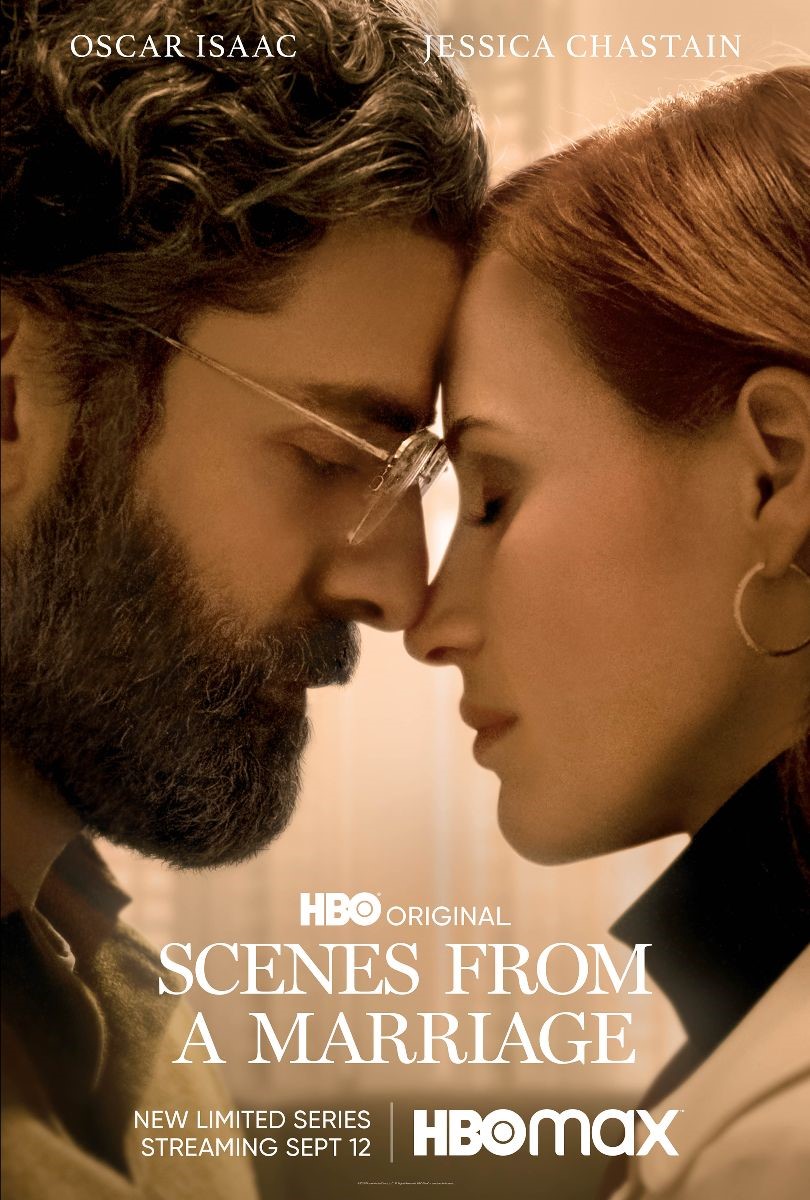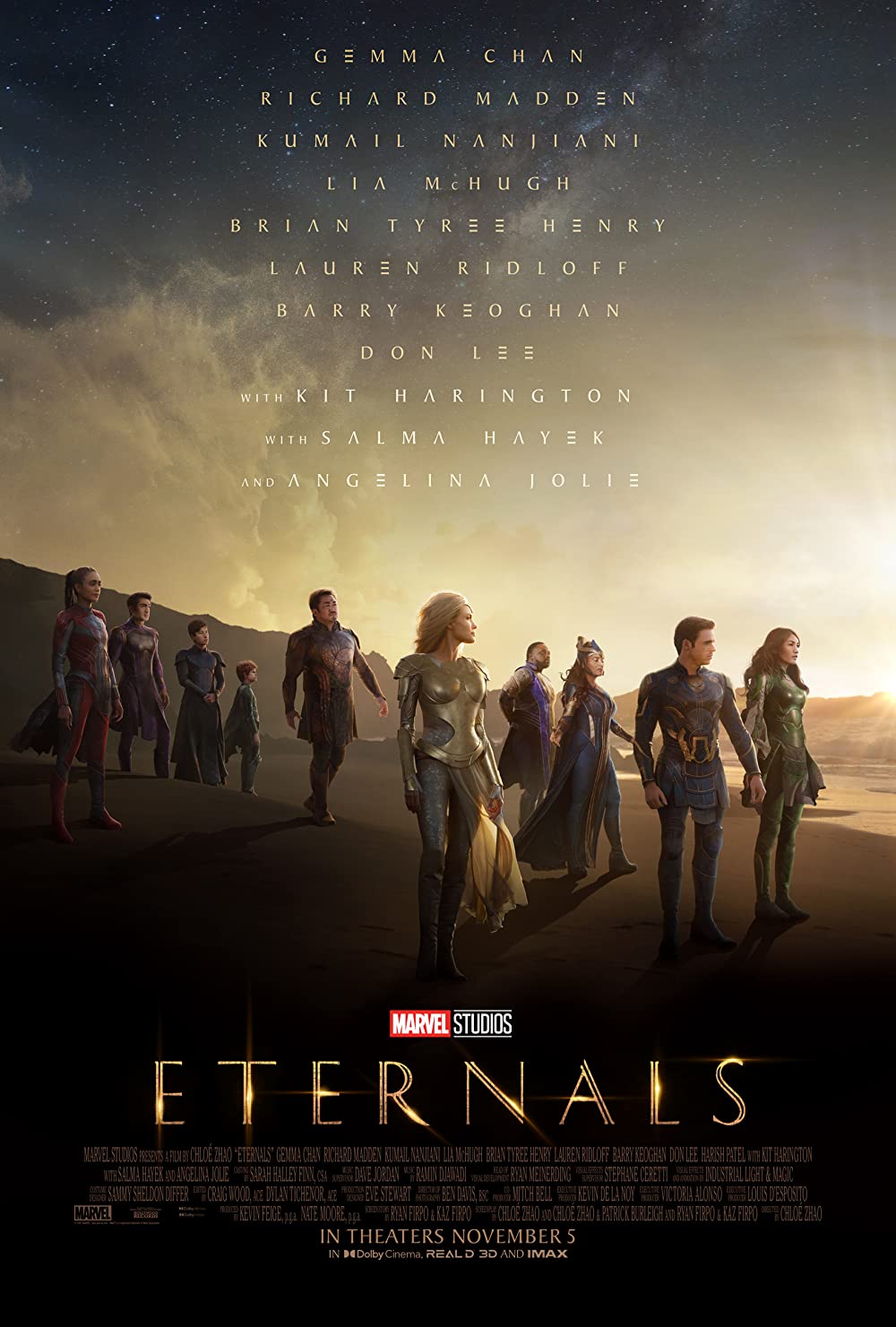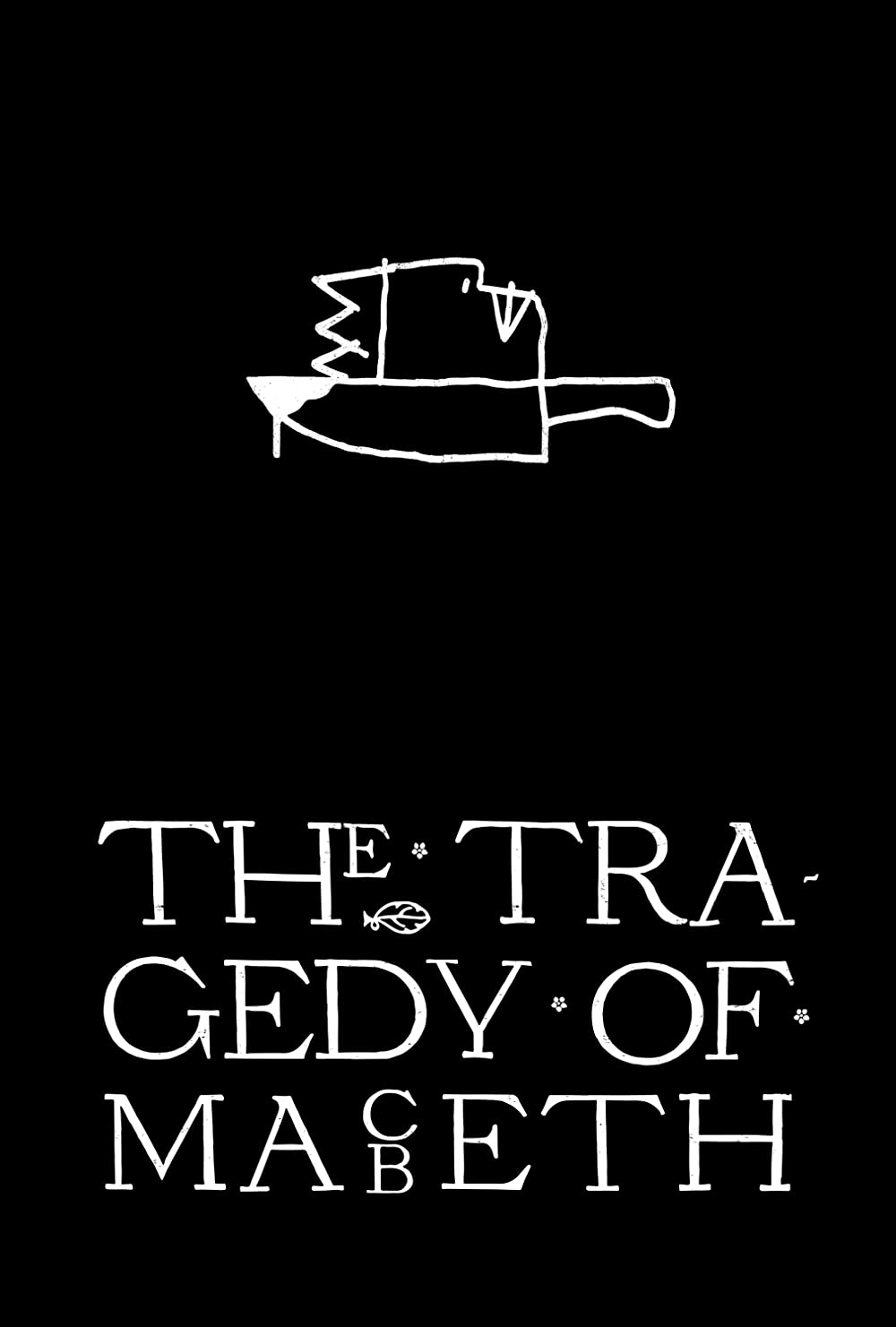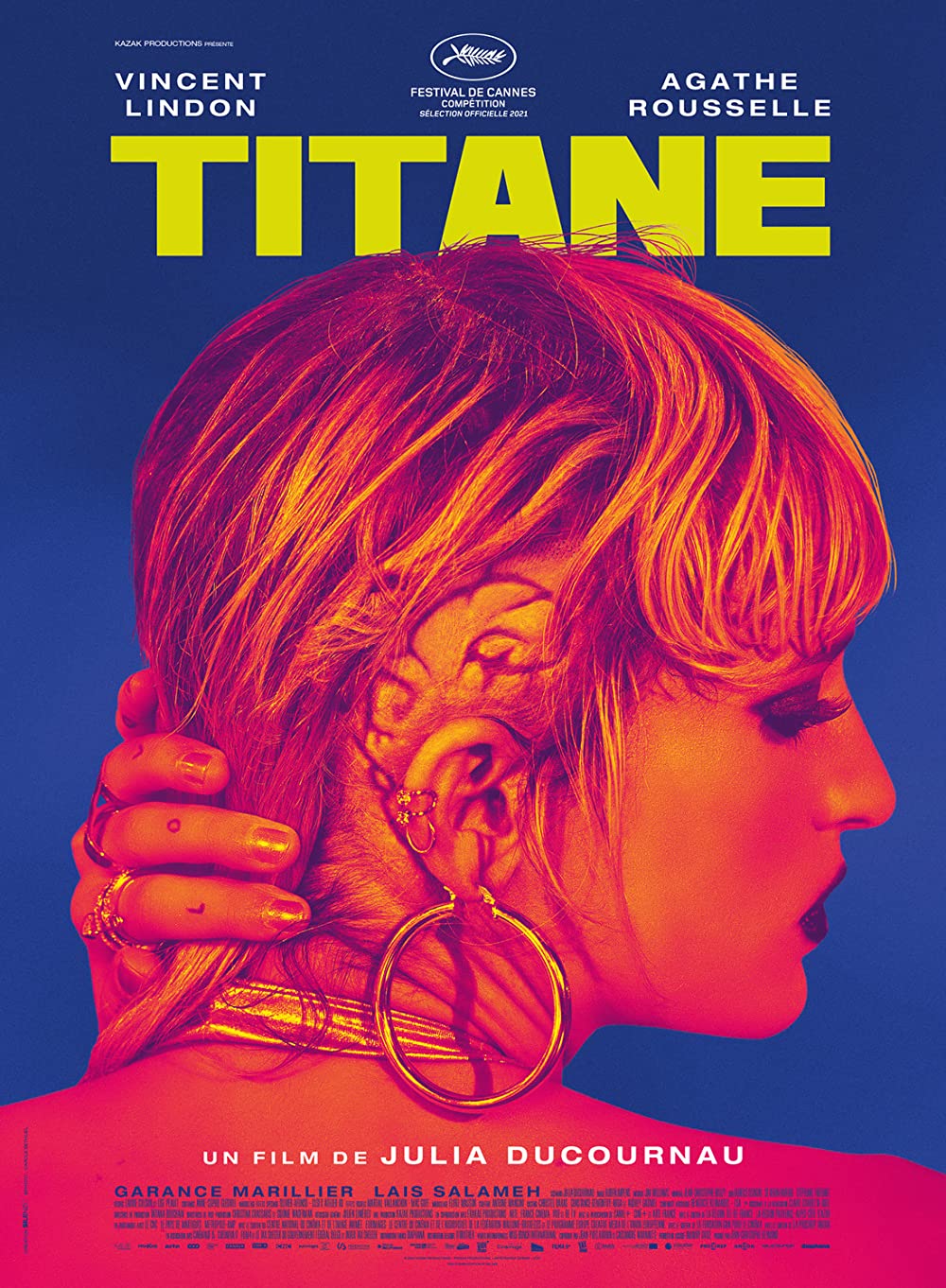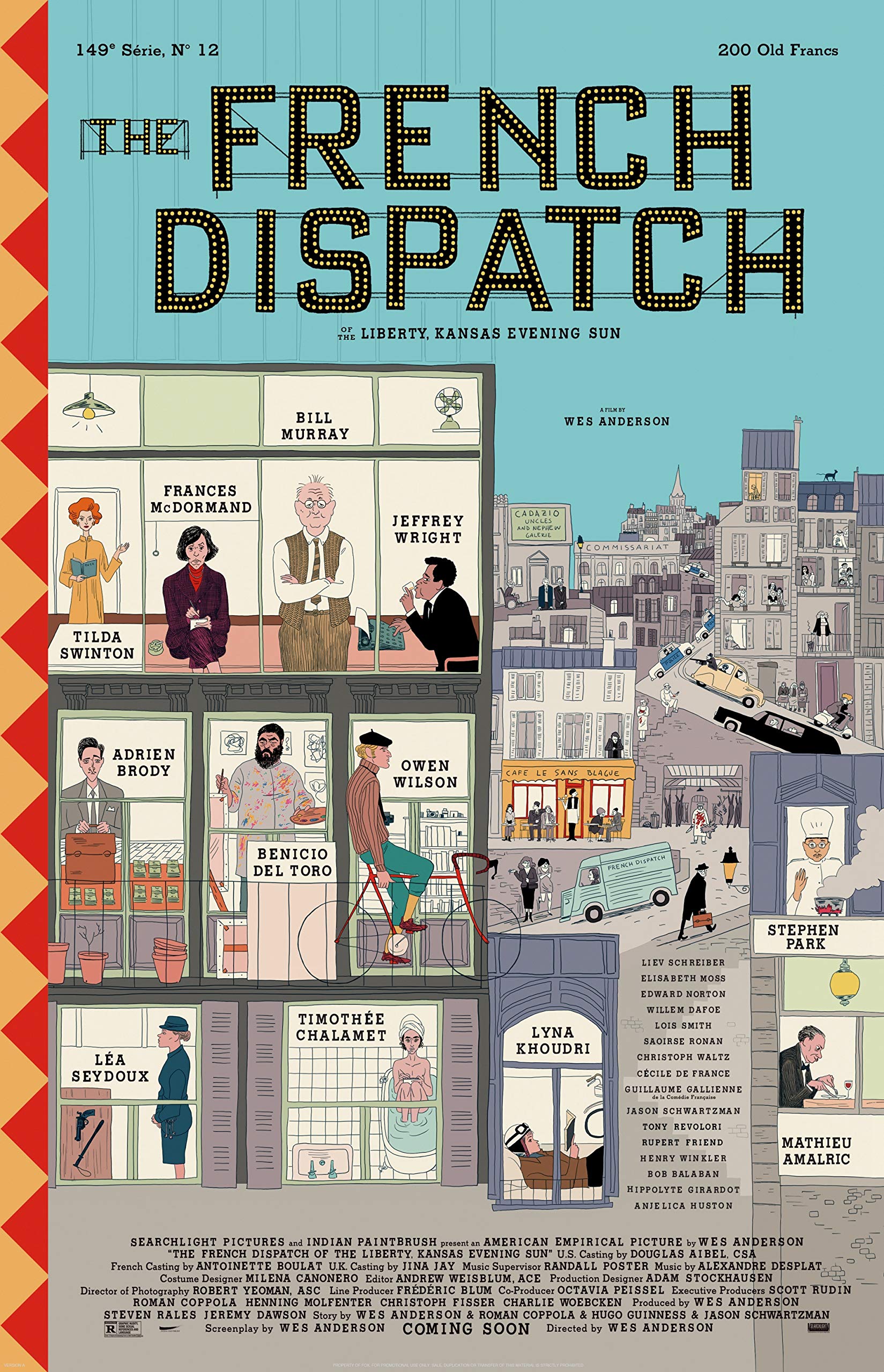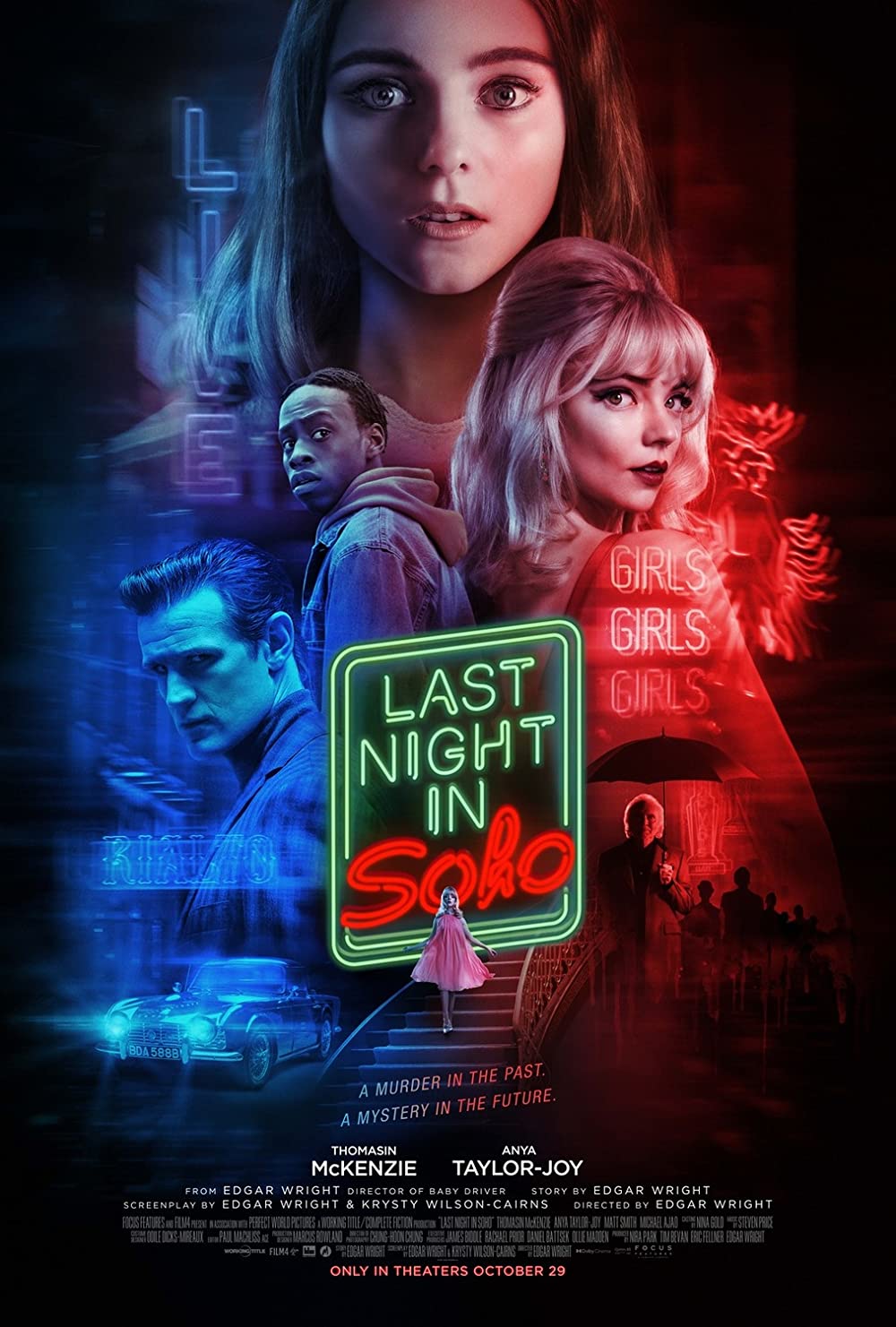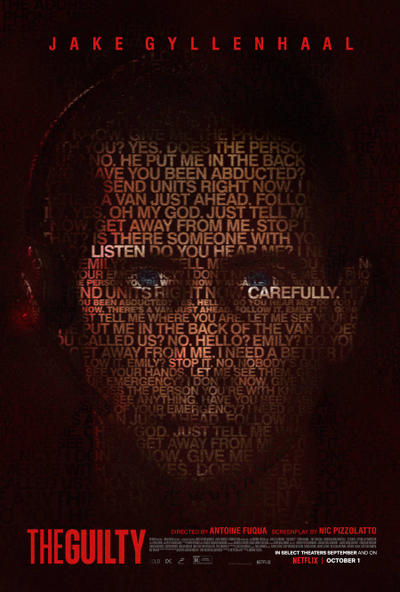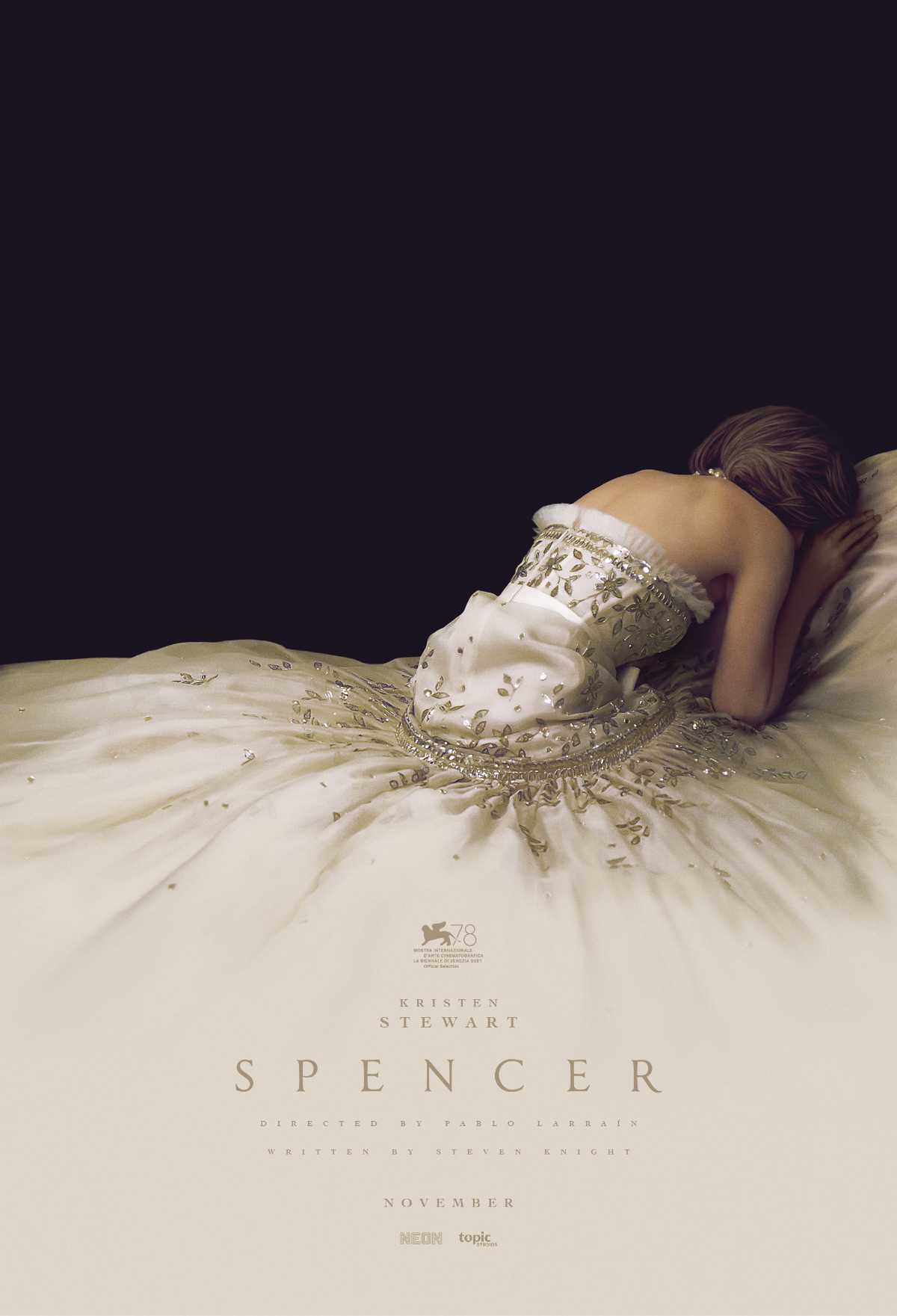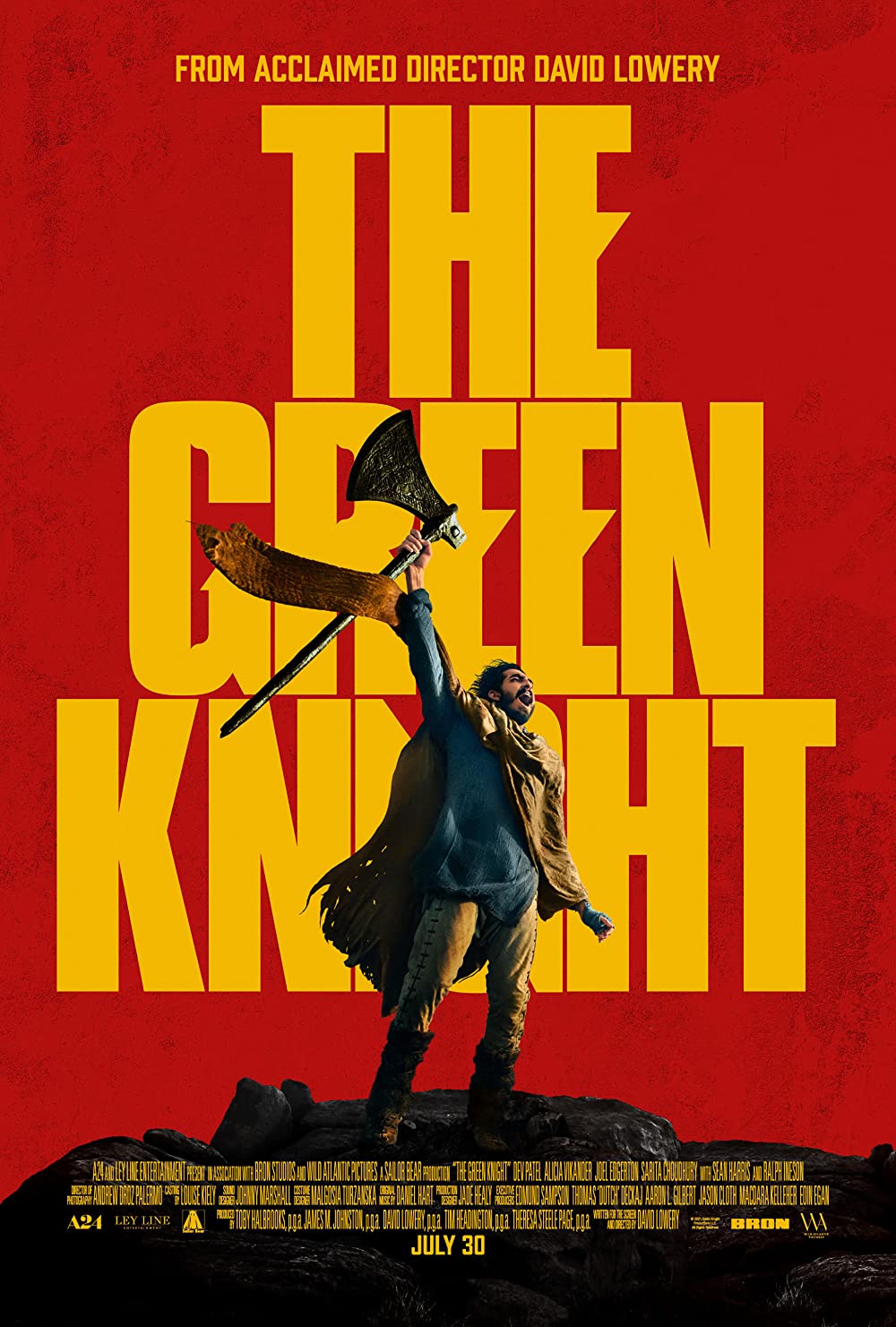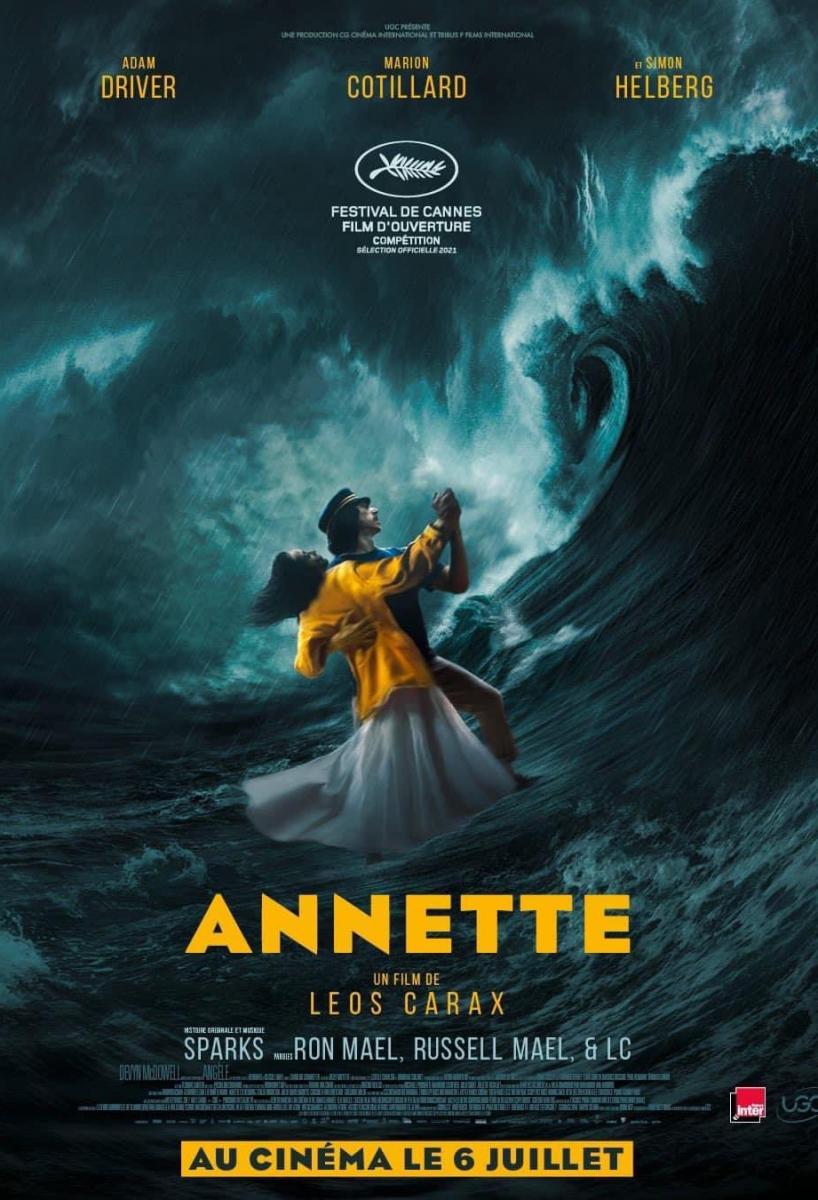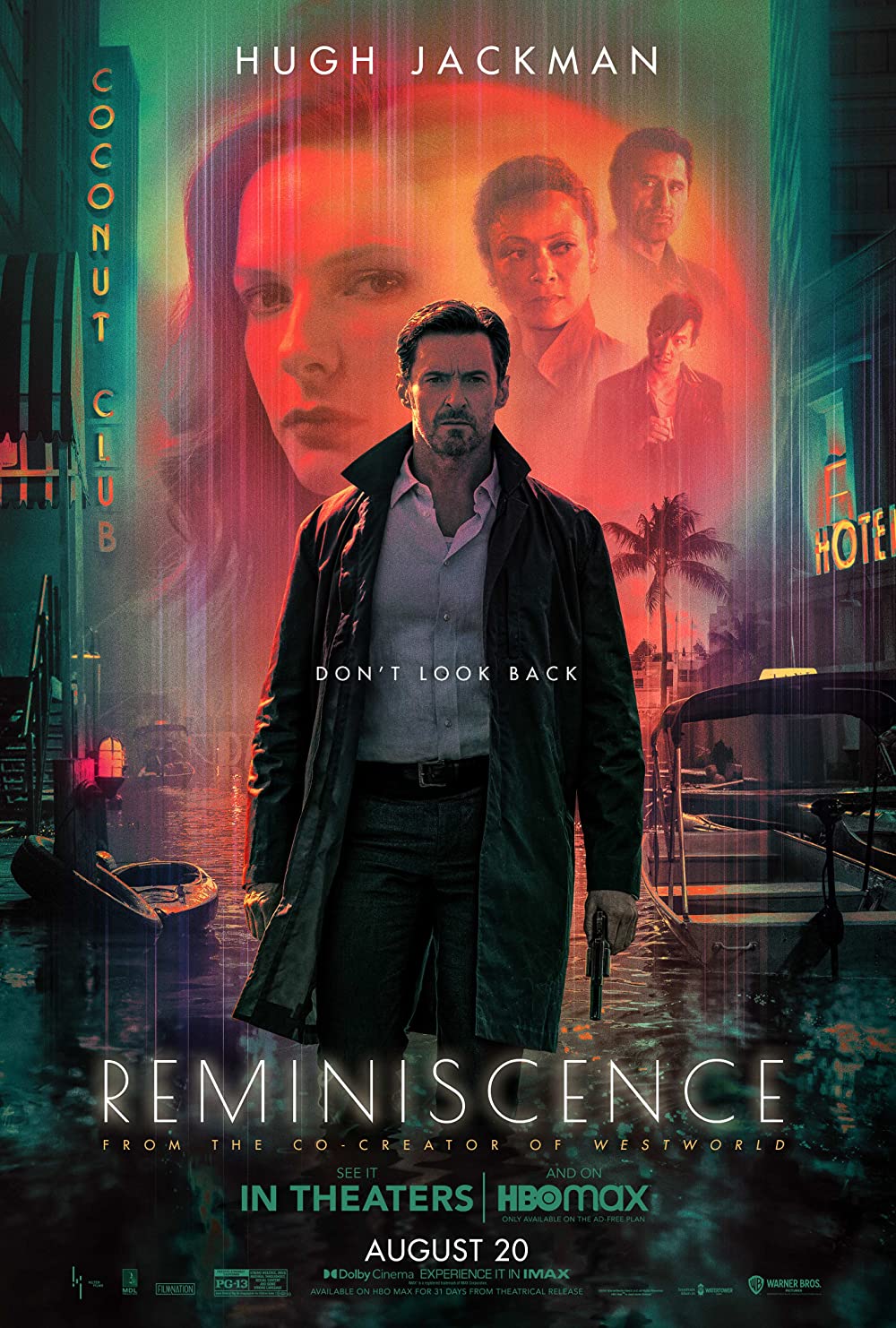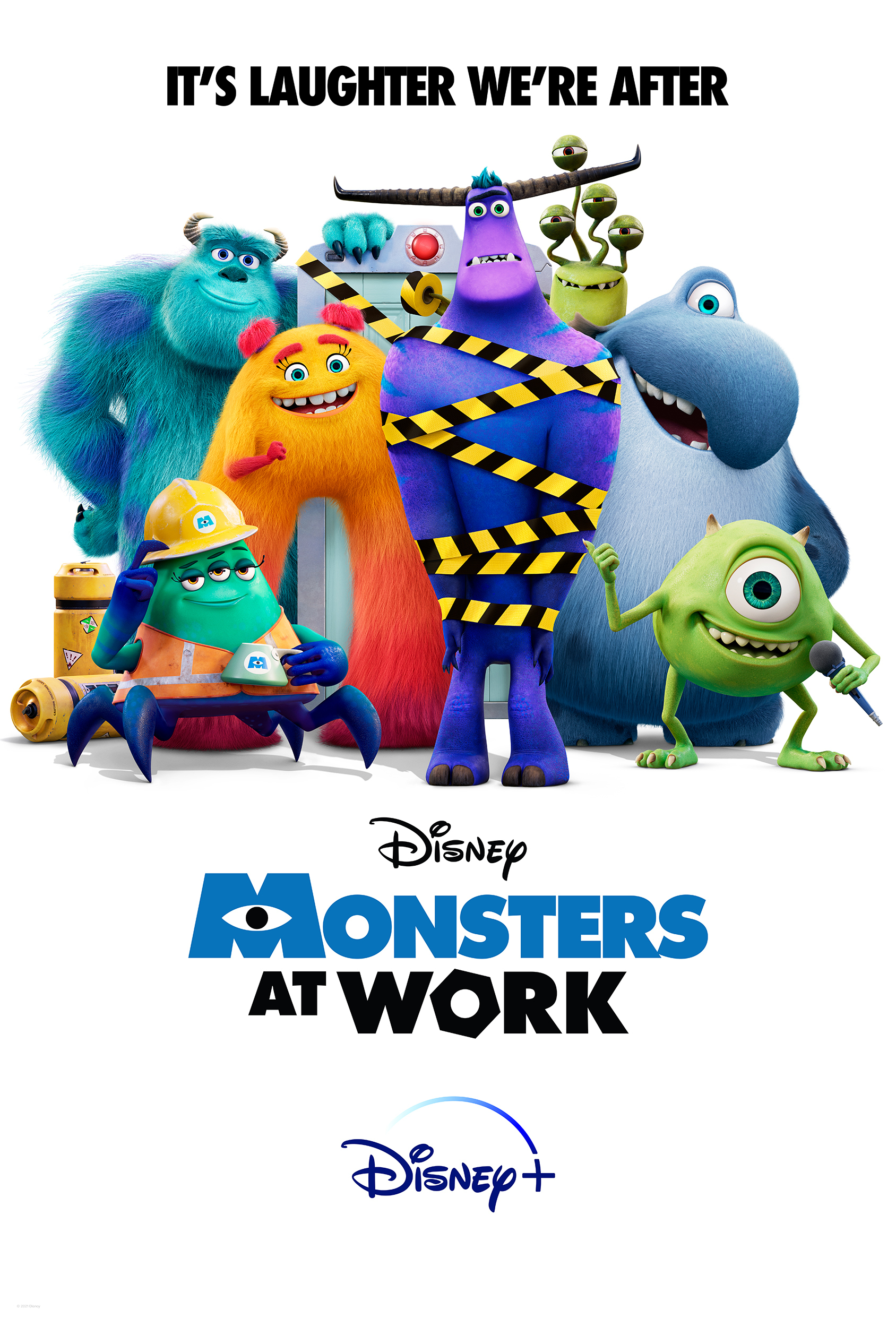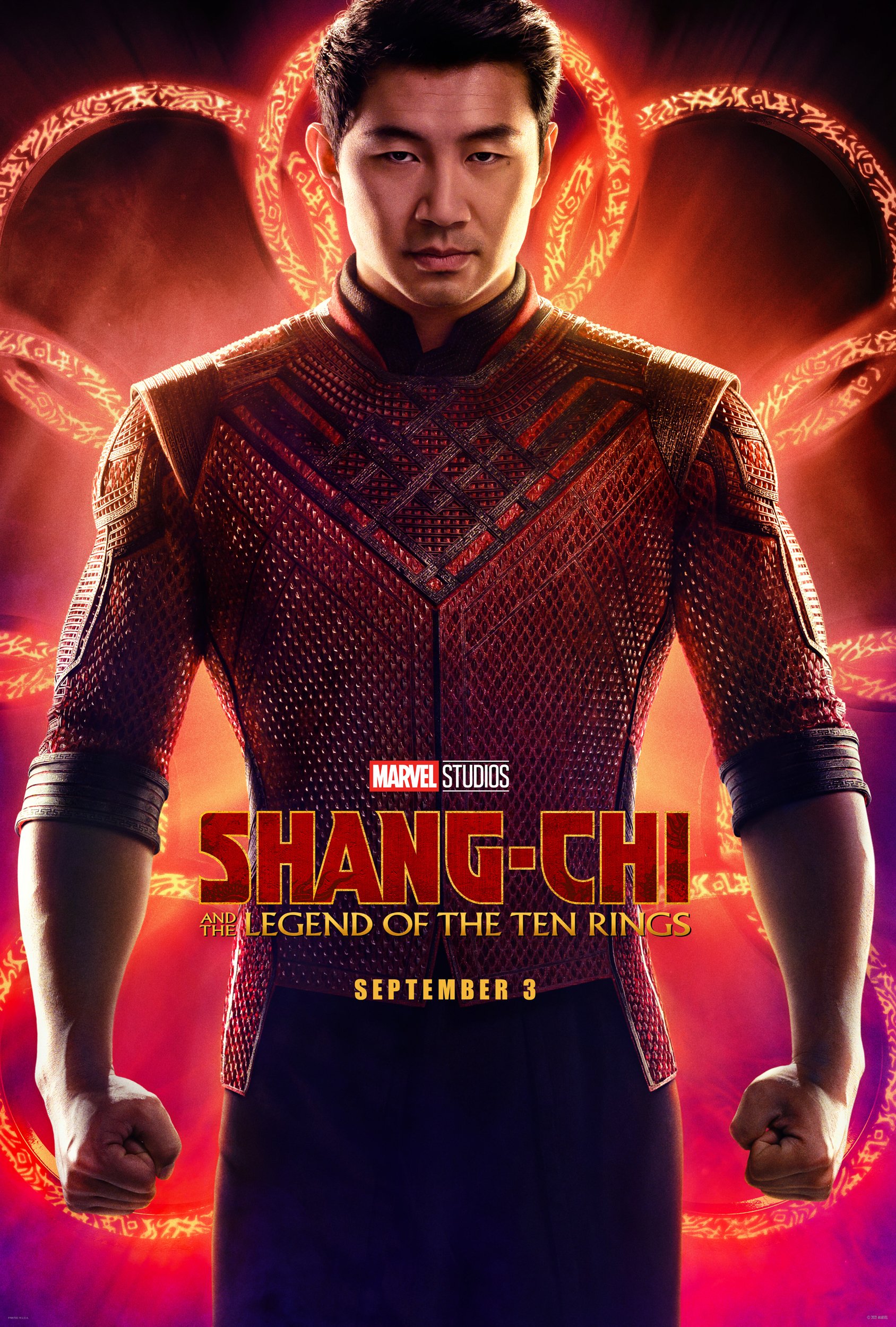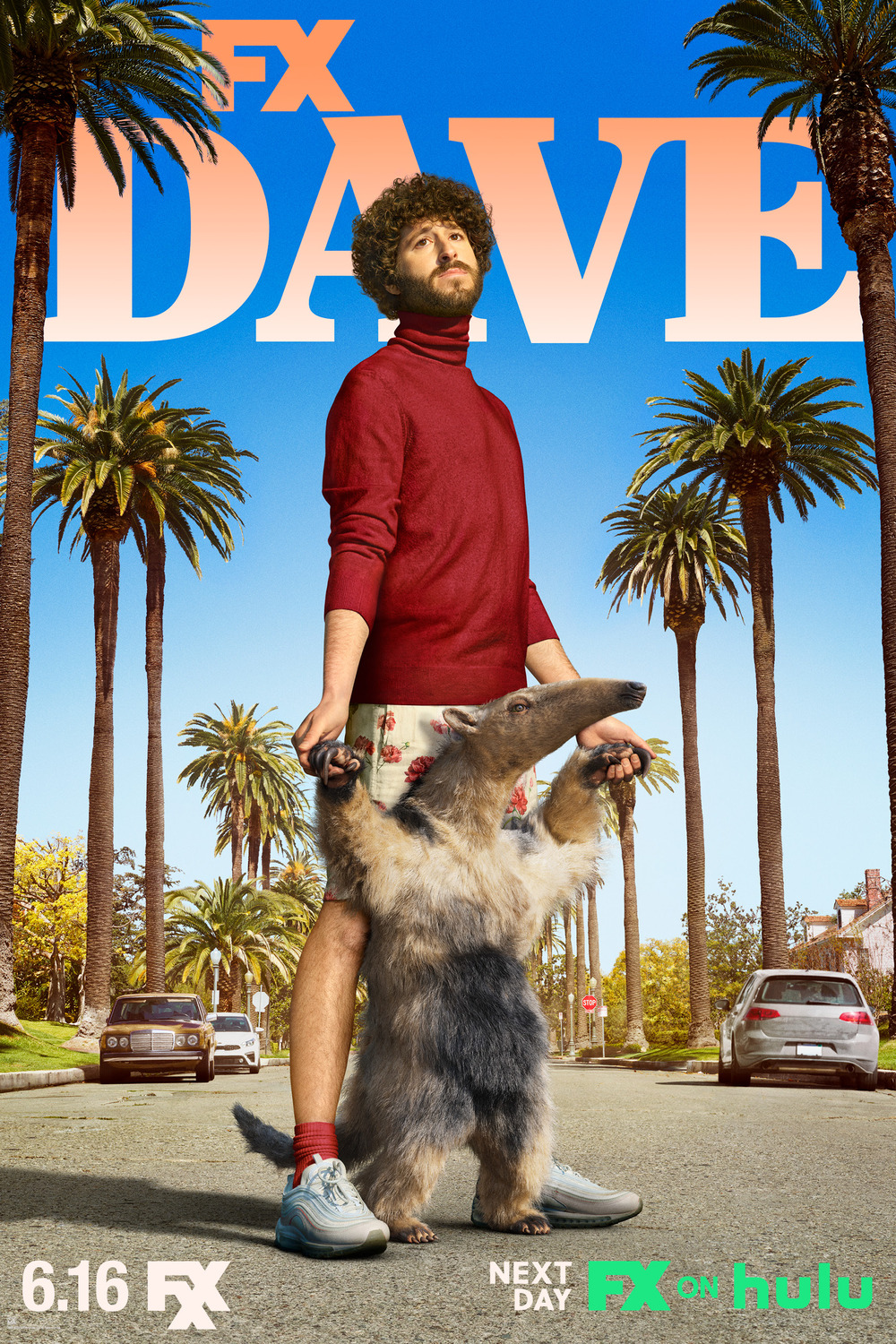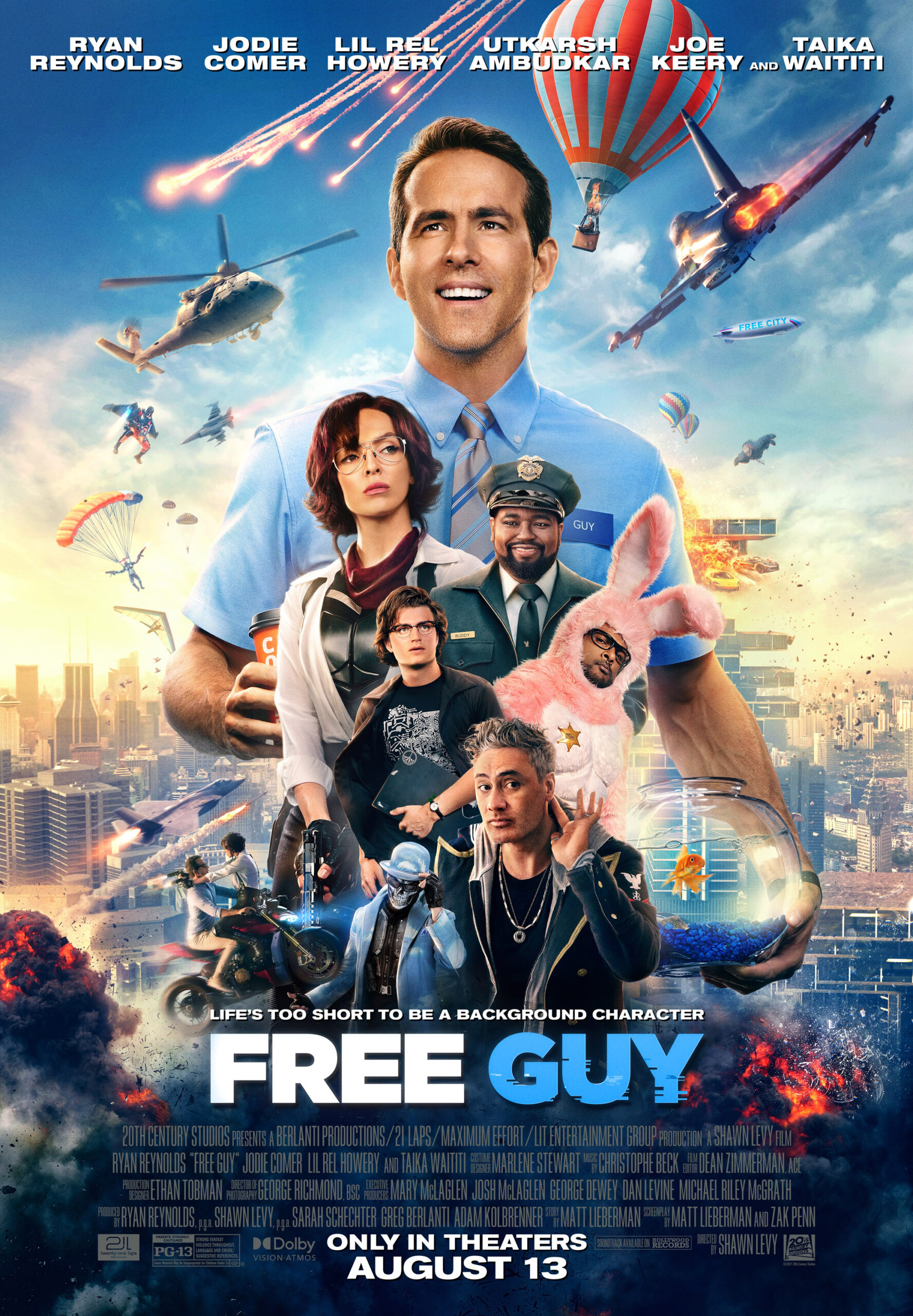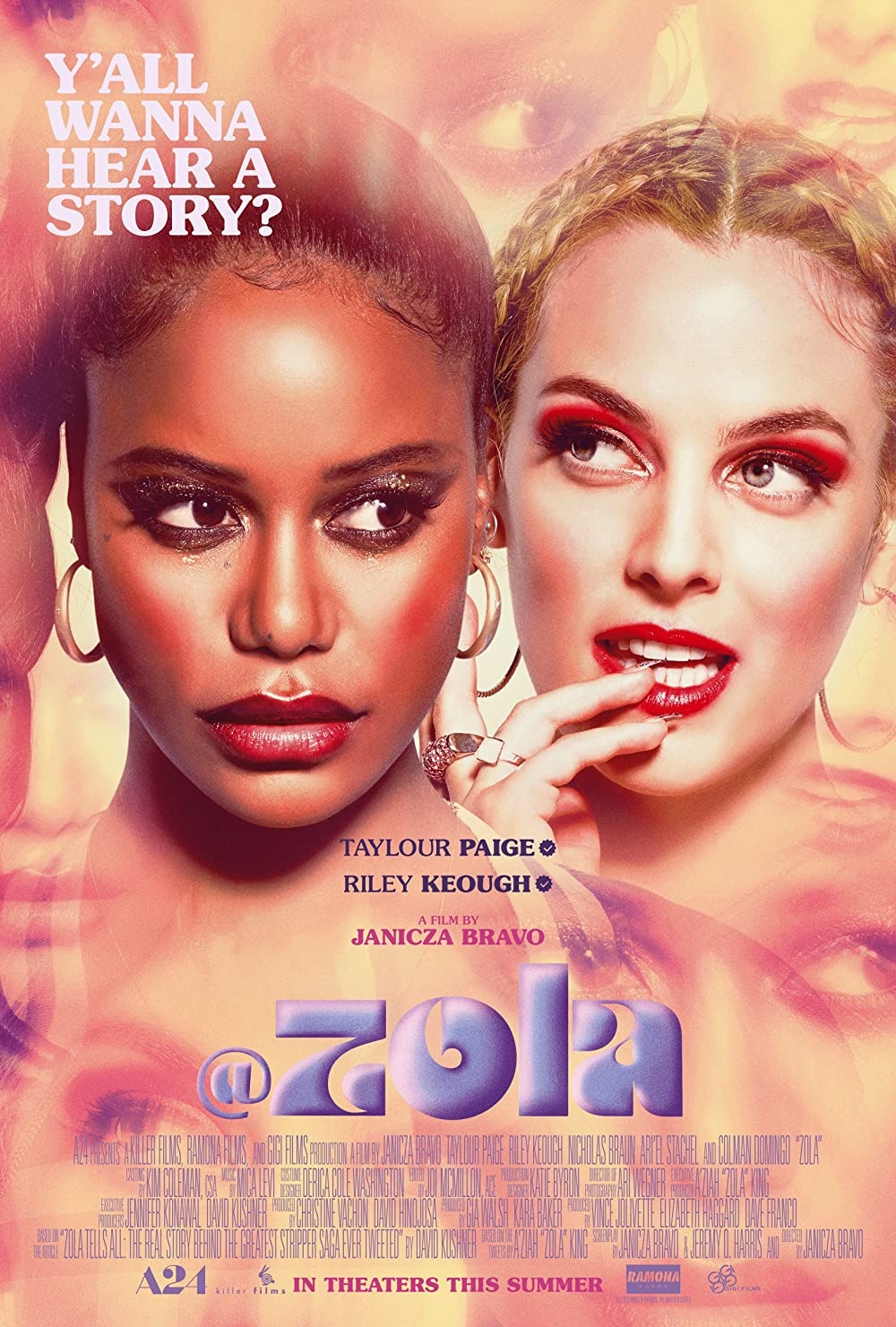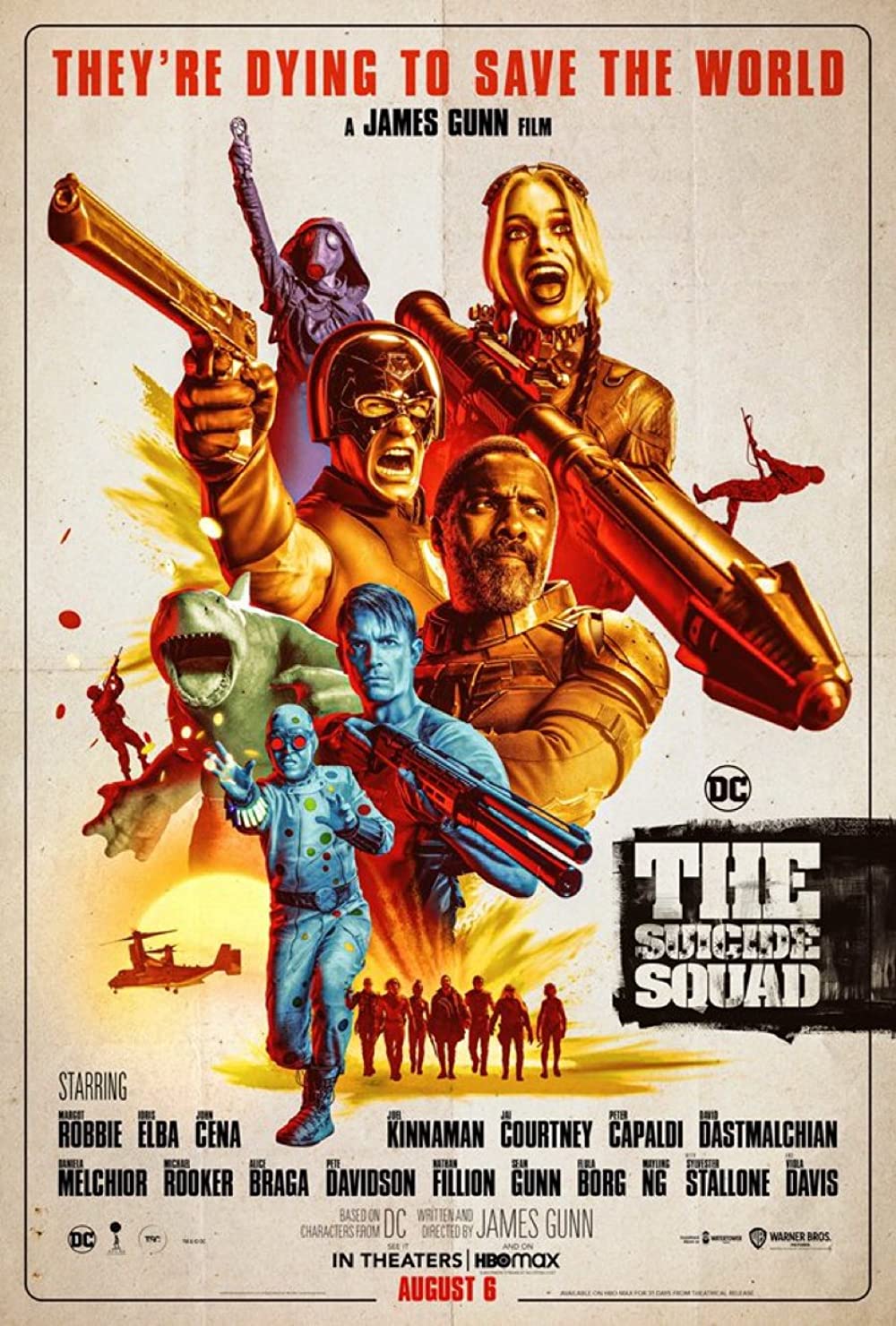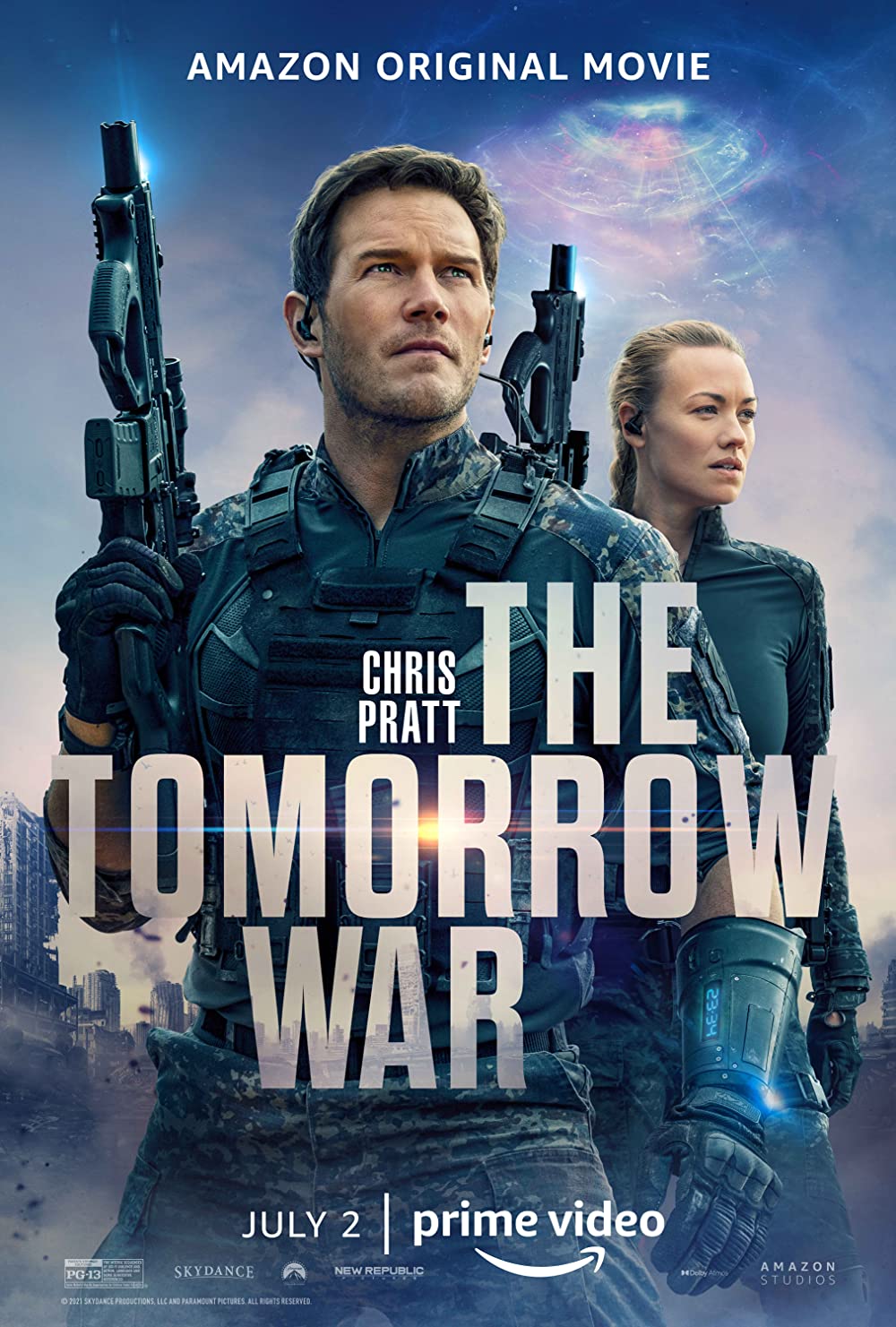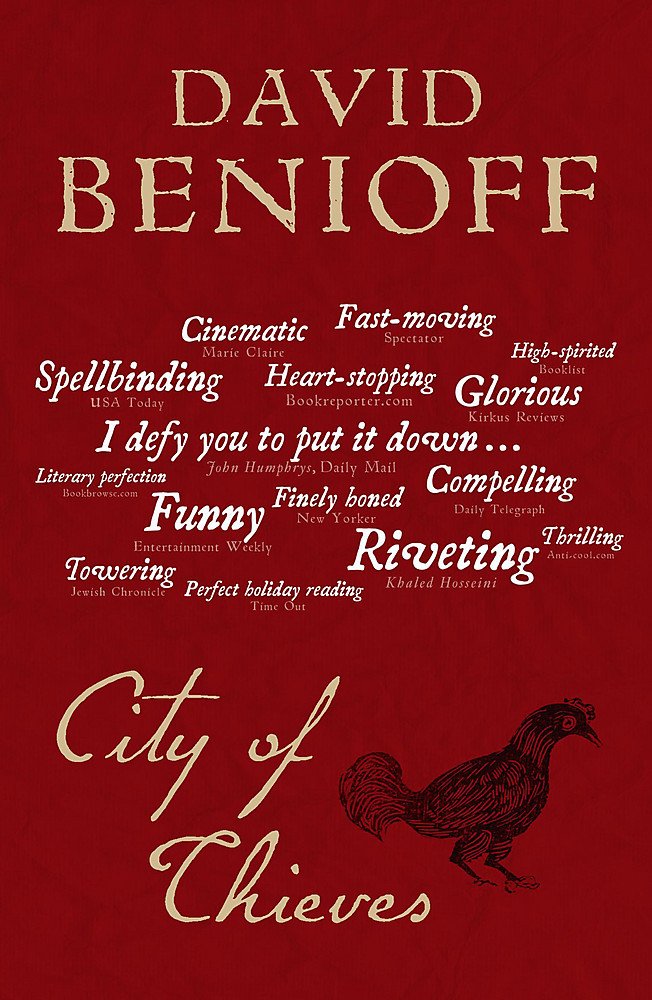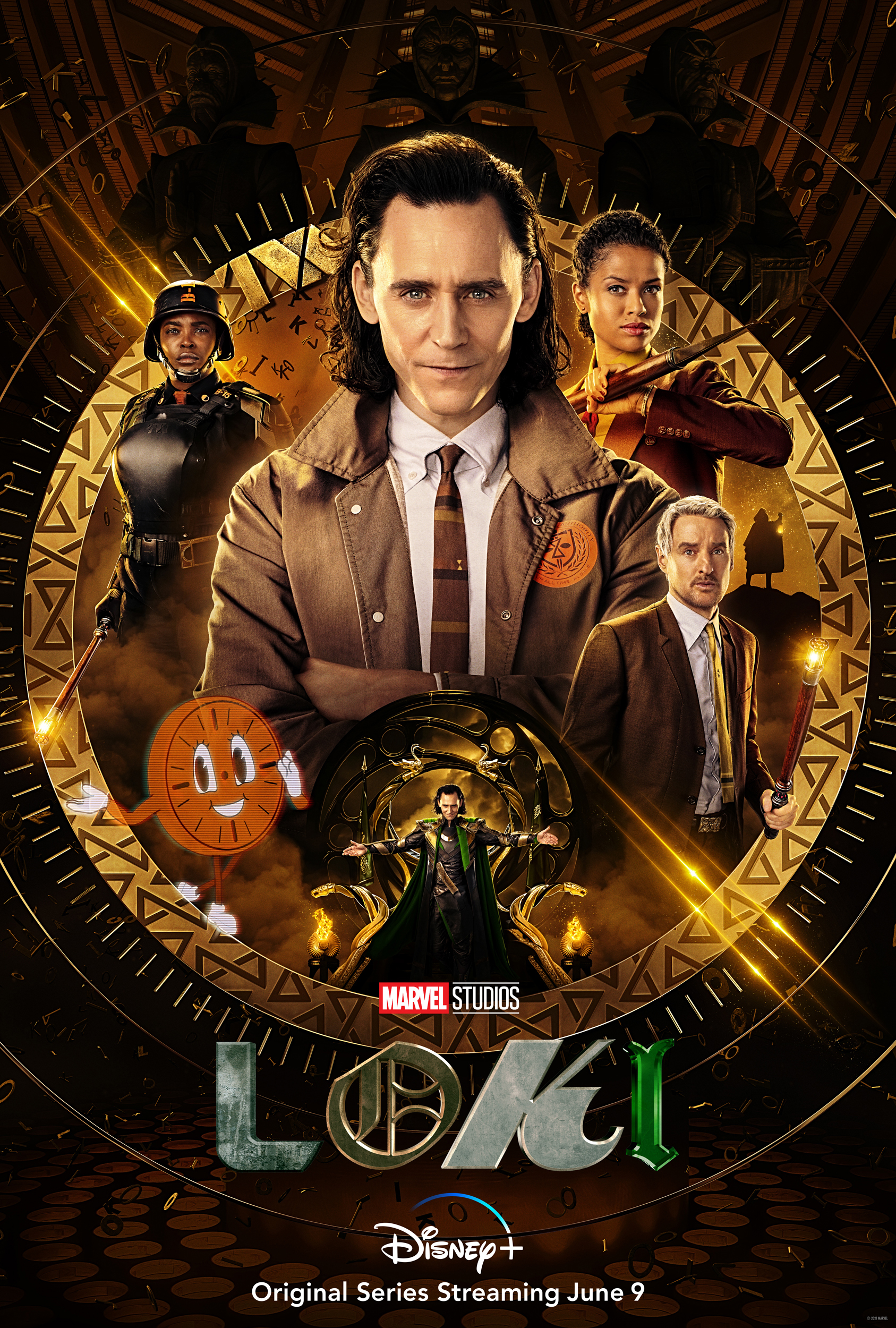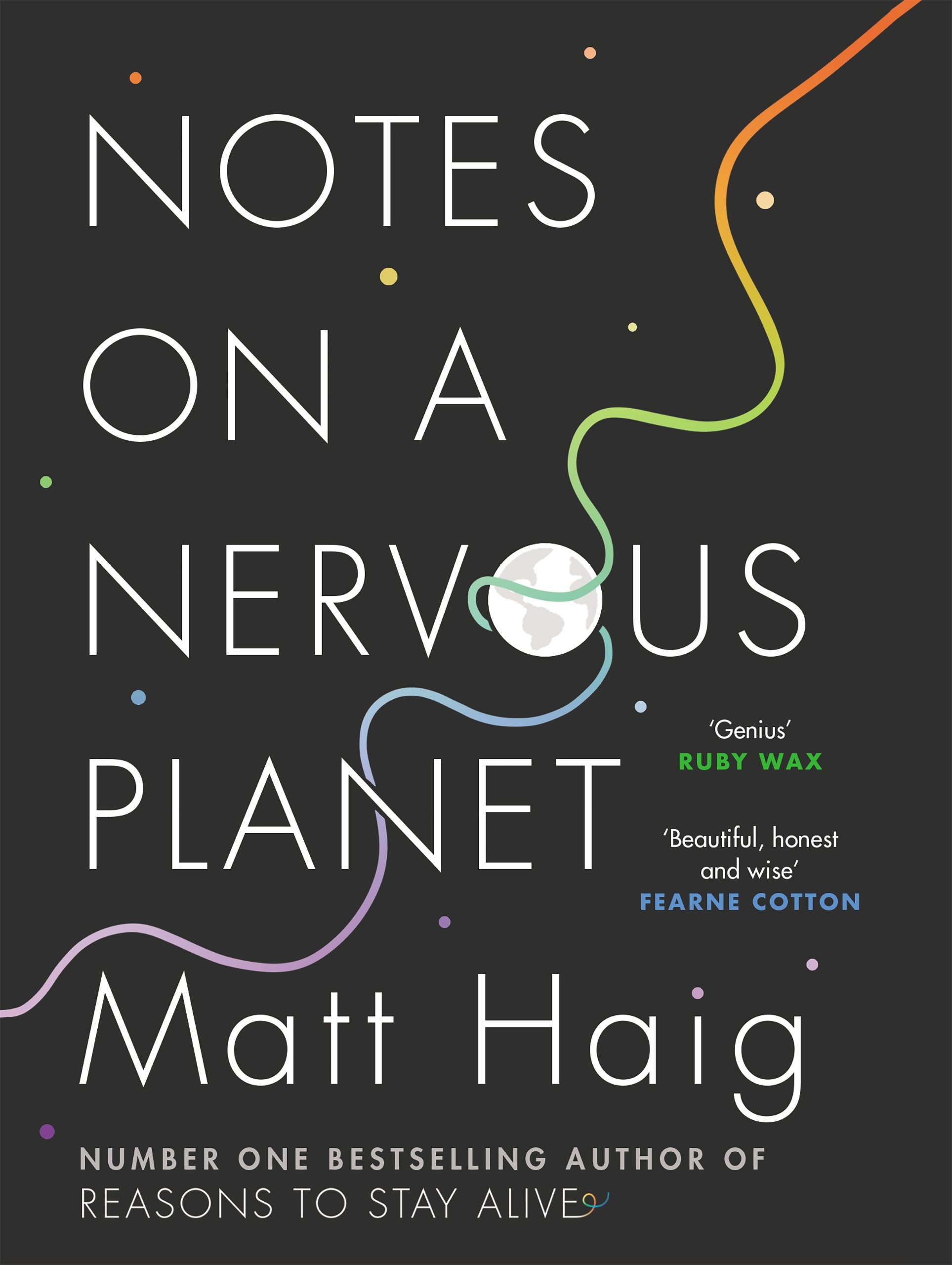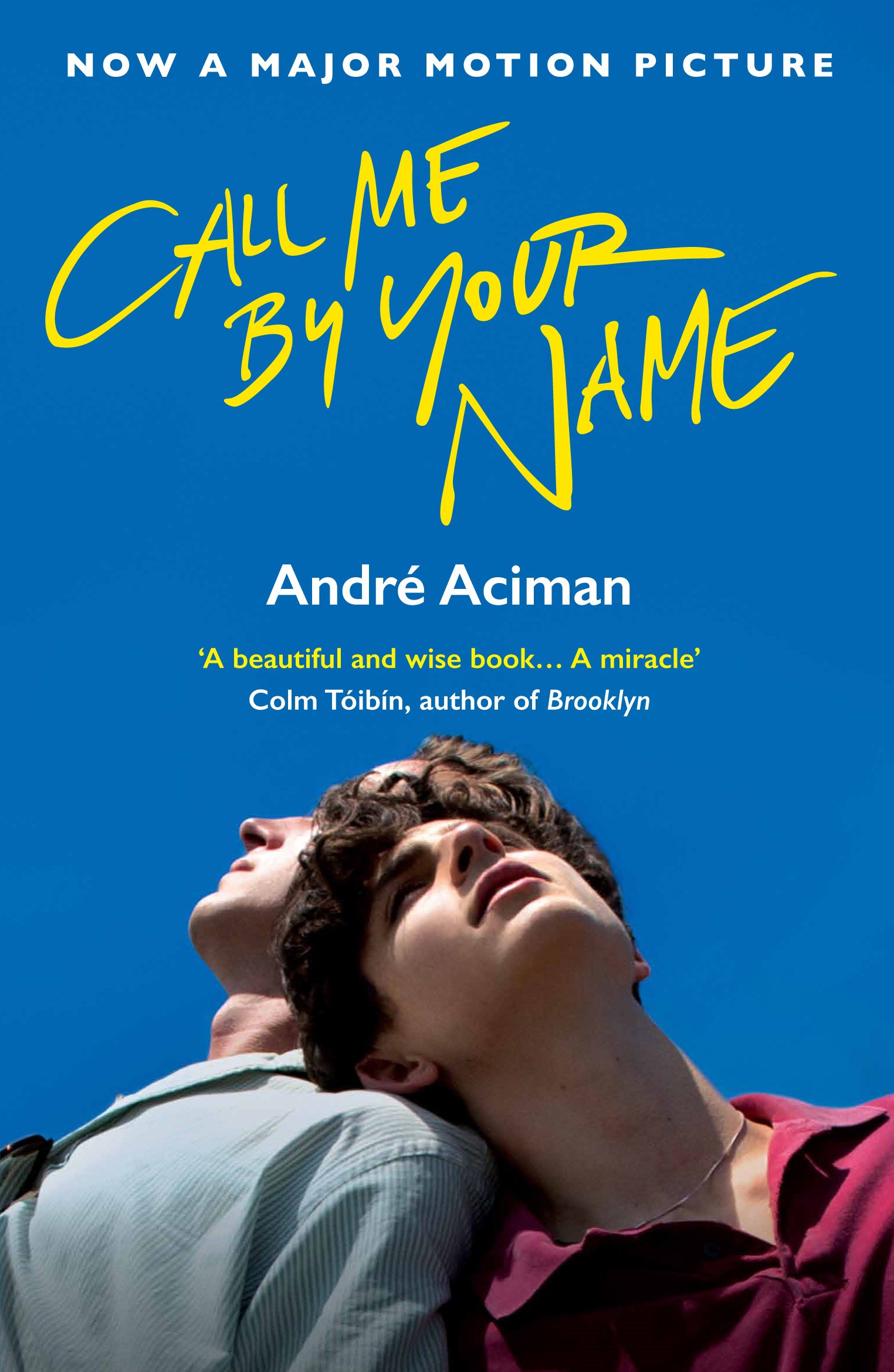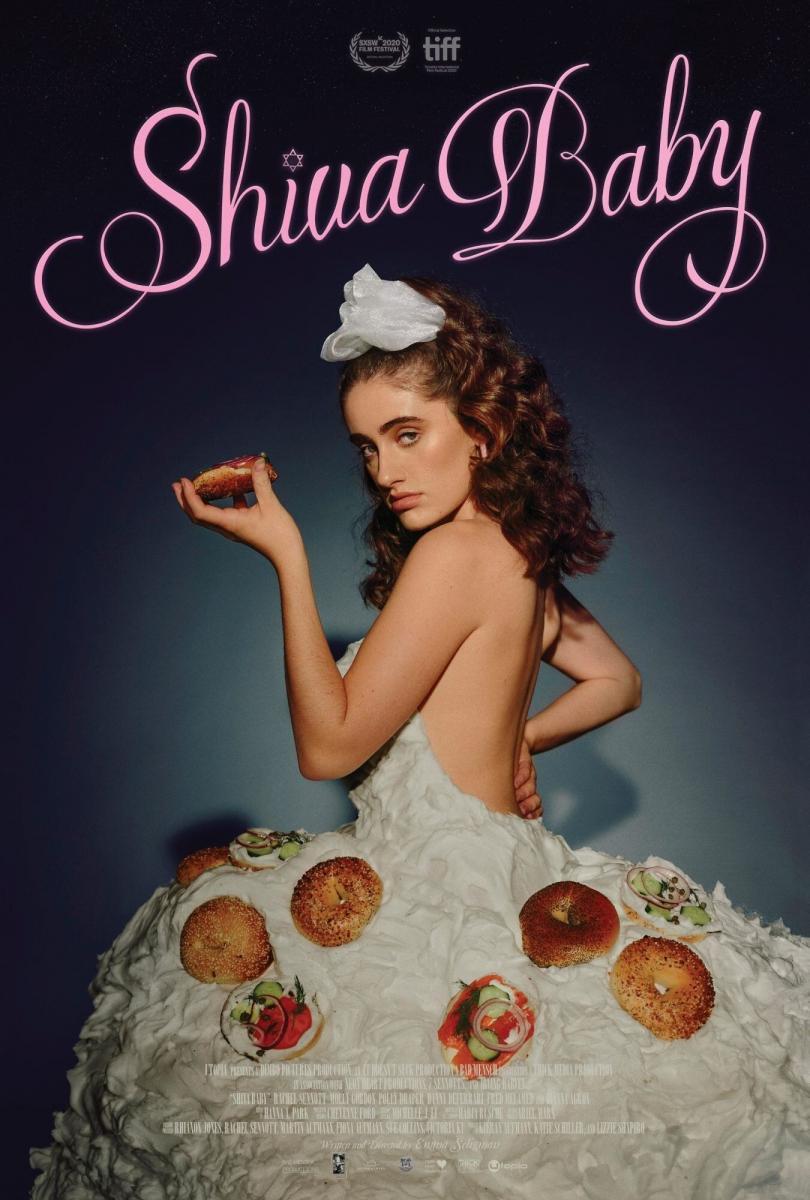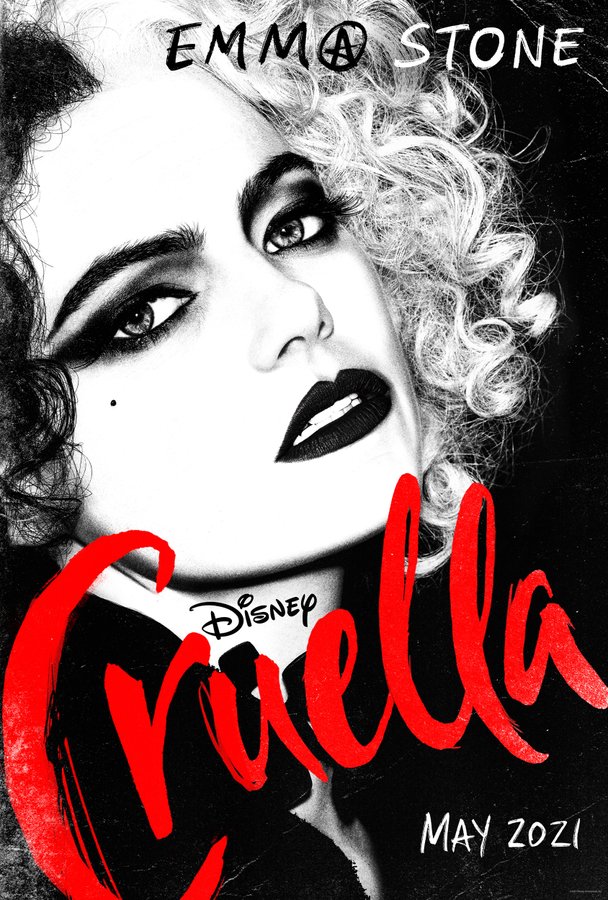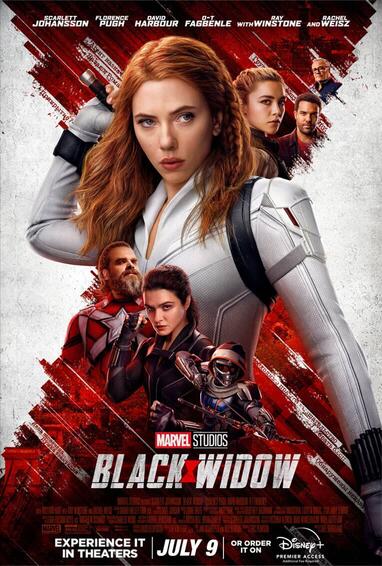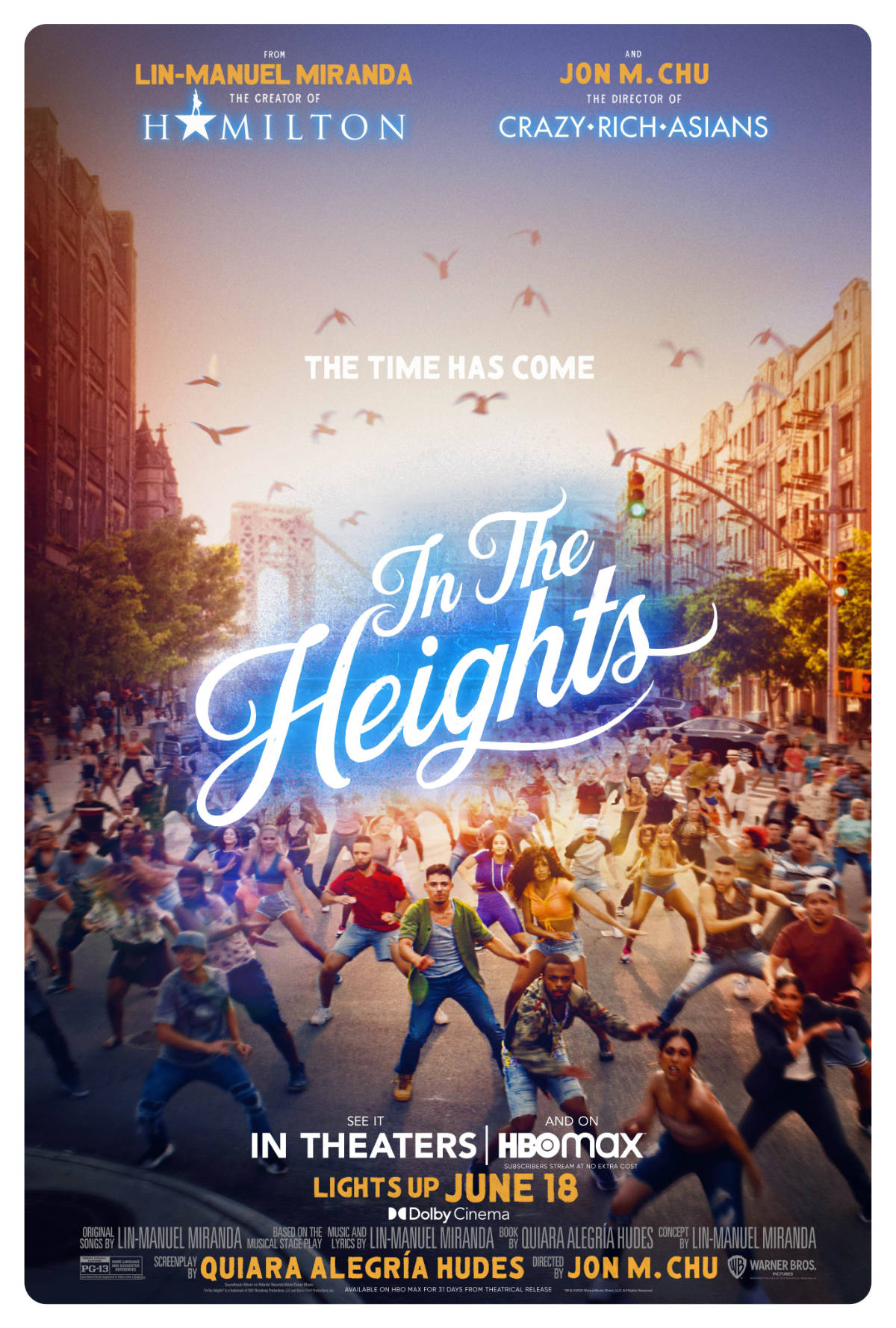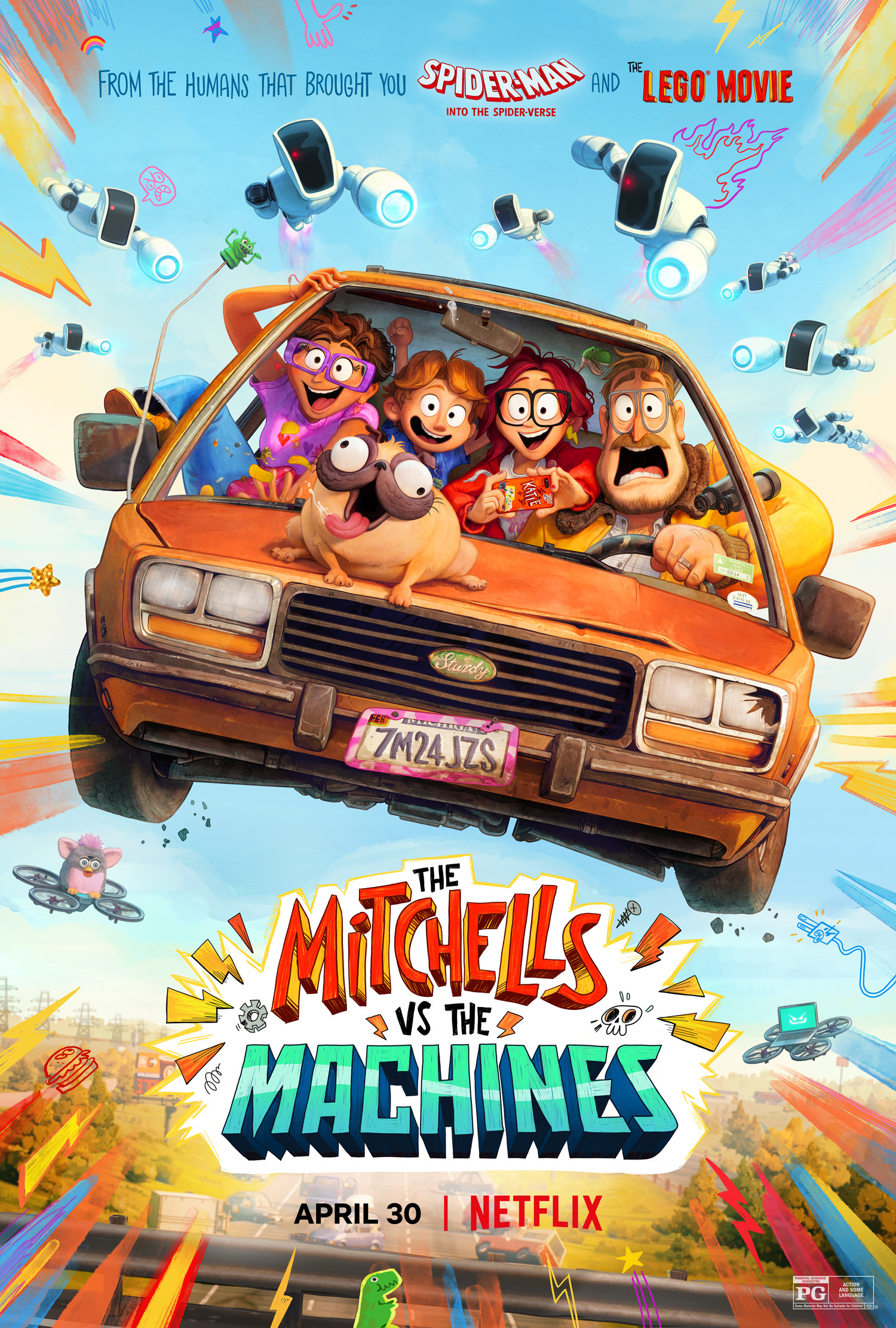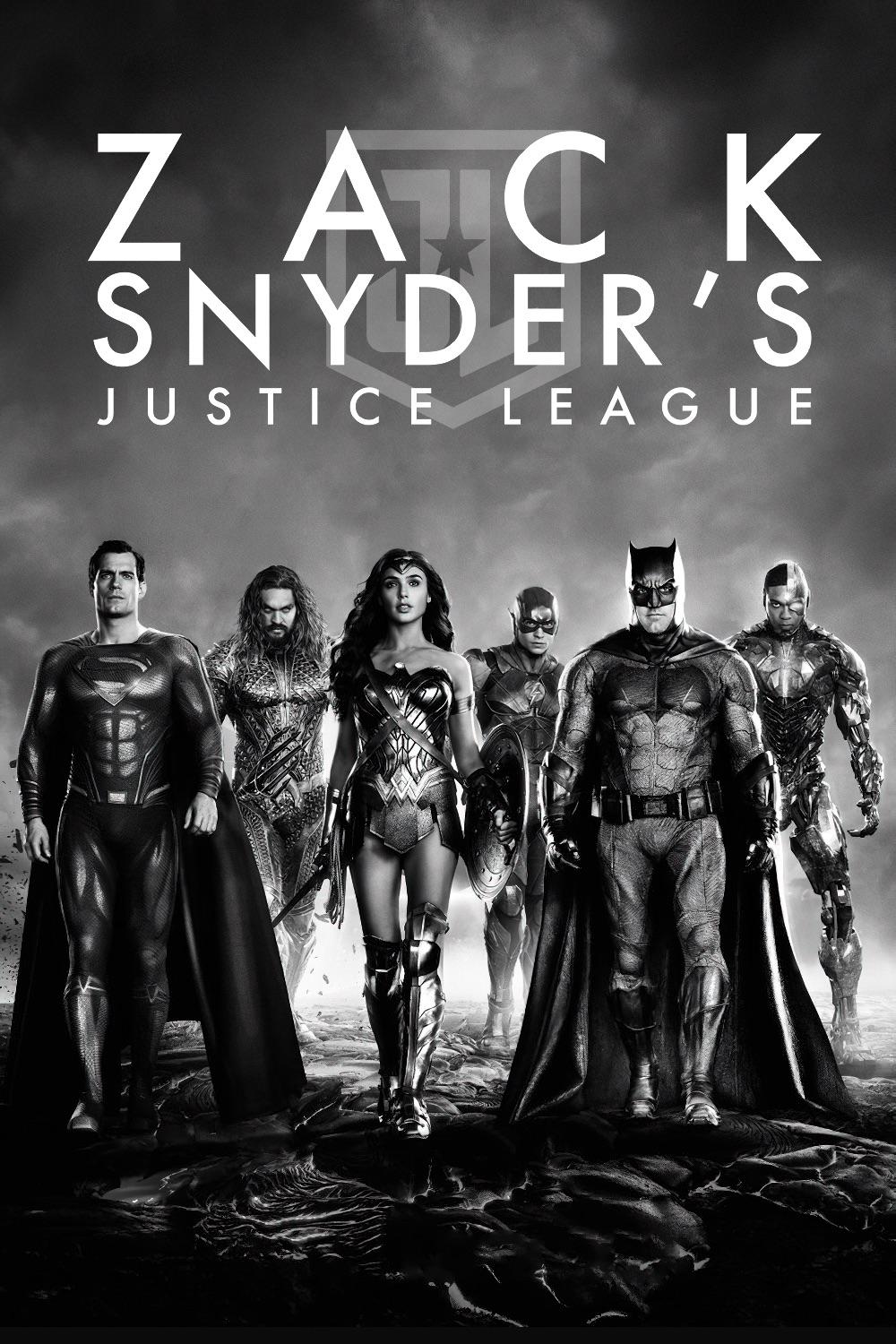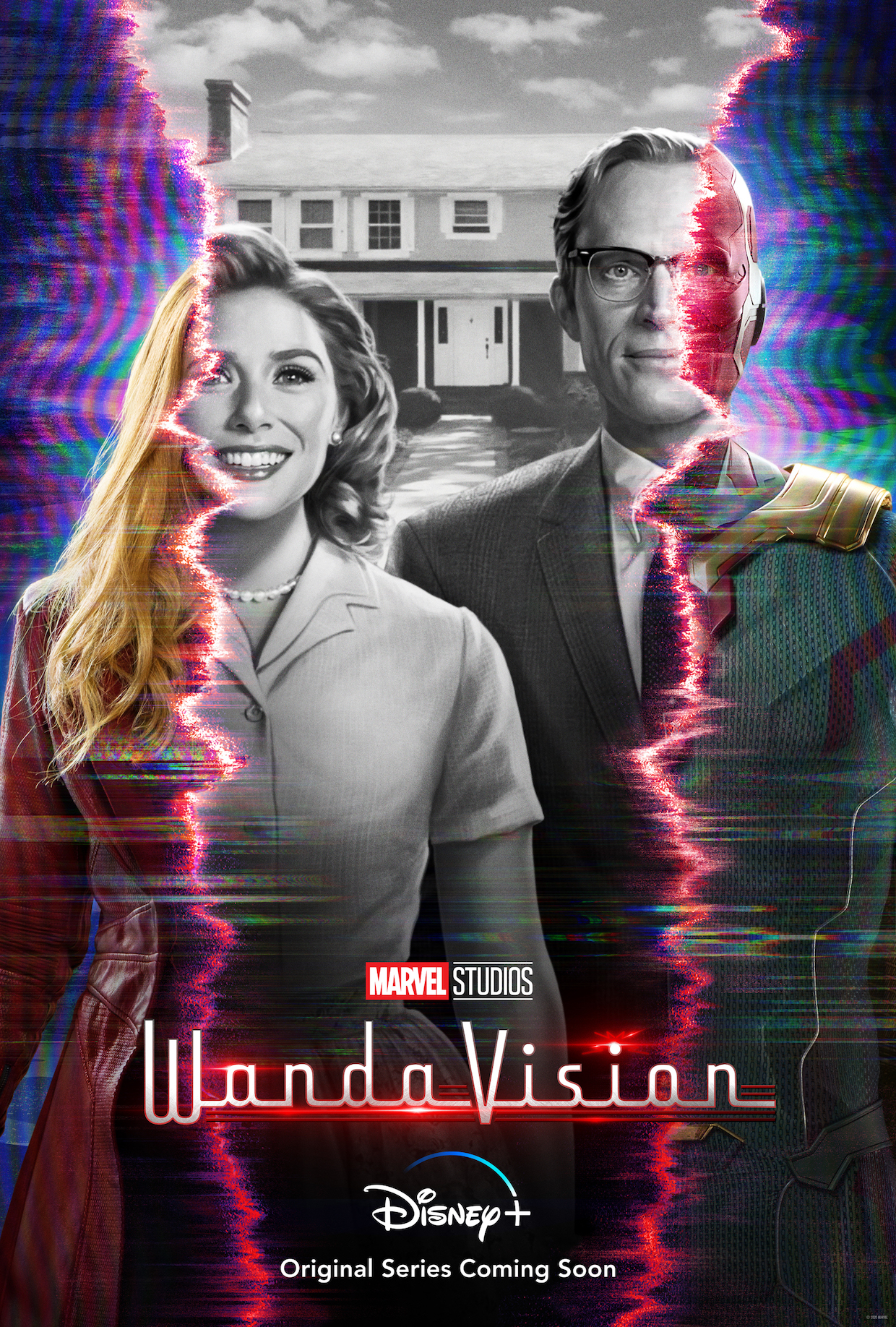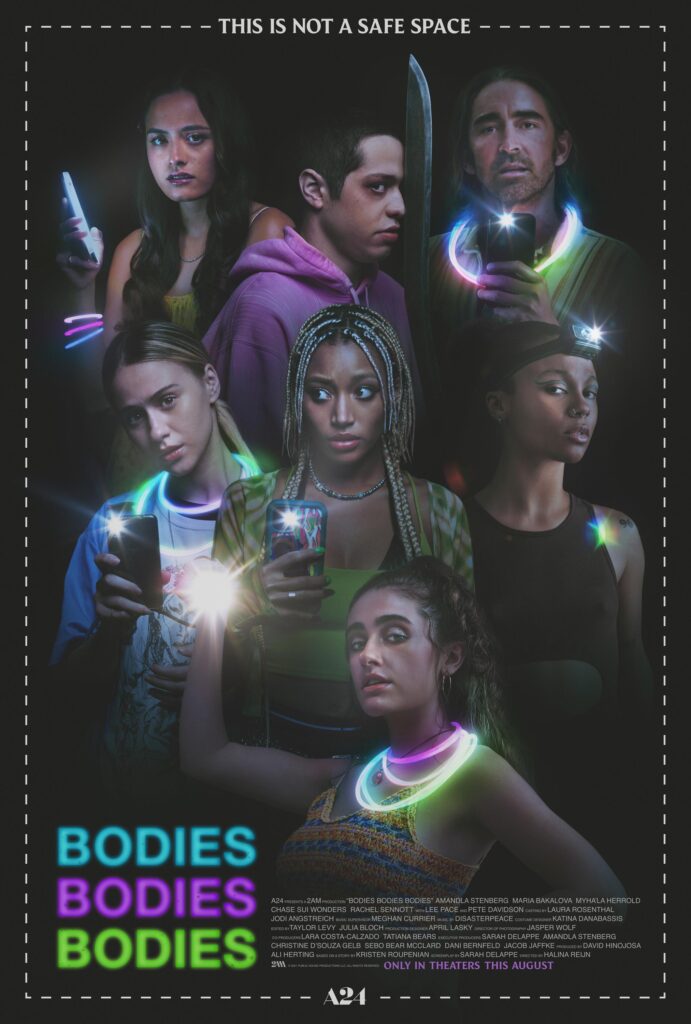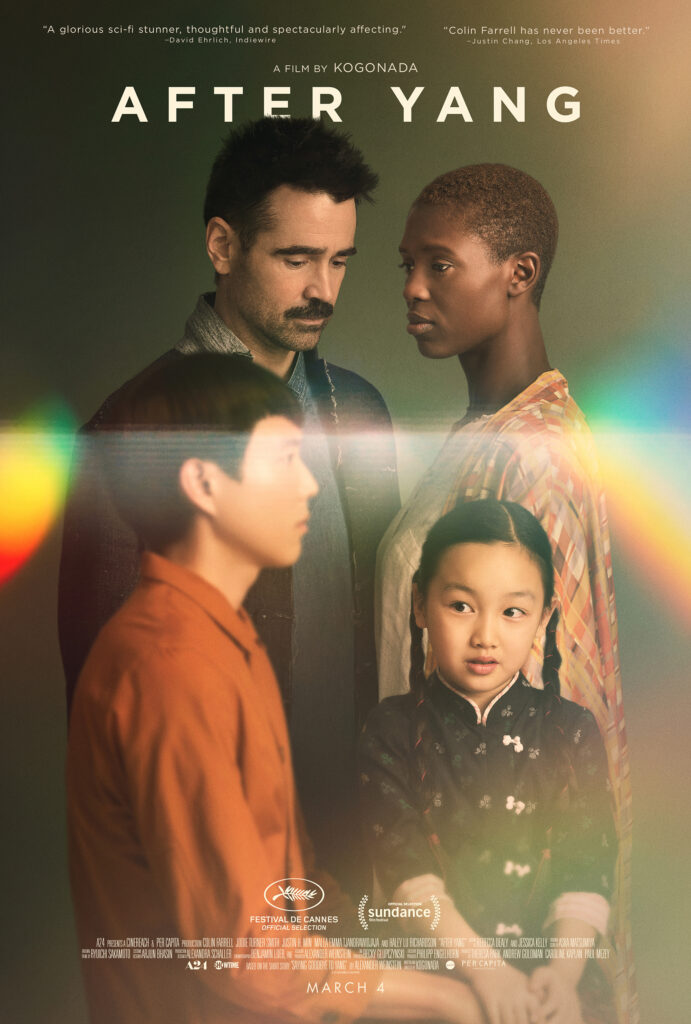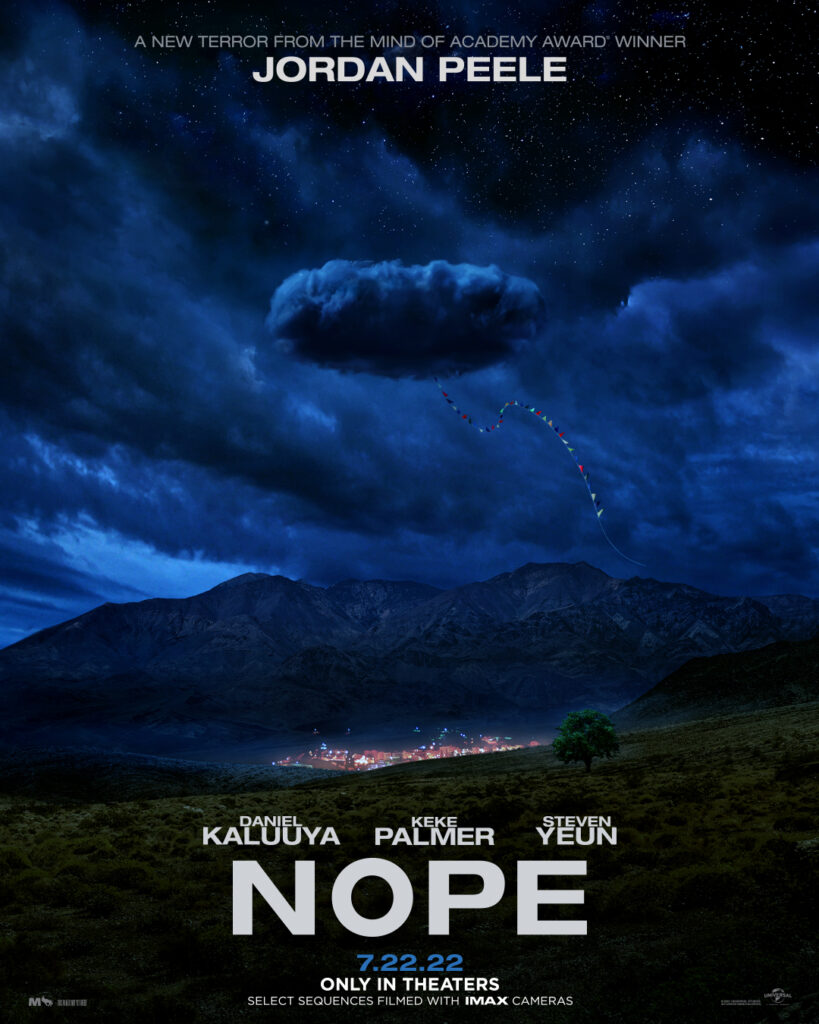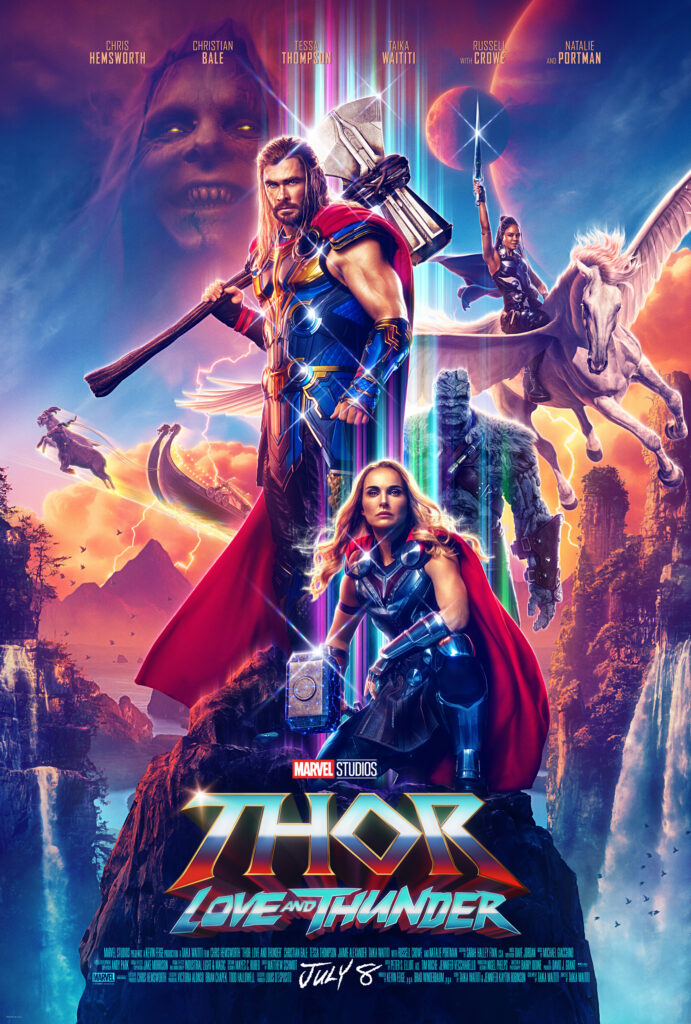London Film Festival Watch #4
Jane Campion’s The Power of the Dog is a slow methodical examination of character dynamics set in the Midwest in the 1920s. It follows Phil Burbank, played by Benedict Cumberbatch, and his complex emotions when his brother, played by Jesse Plemons, marries a woman of lower class, Rose, played by Kirsten Dunst and the rising tension between Cumberbatch and Rose’s son, played by Kodi Smit-McPhee. Cumberbatch delivers an outstanding, Oscar bait performance as the lead, there’s the classic actor shouting and screaming moments here but what’s more impressive is the subtlety of his performance. Throughout the film there’s a subtext that plays out until it veers itself into being the main focus of the film but the nuances in the beginning of the film makes this reveal natural and believable. I can imagine on a rewatch the nuances in Cumberbatch’s performance will become even more apparent and meaningful.
The other actors deliver just as strong performance here too. Jesse Plemons is playing the same stoic and rarely emotional character he’s become so great at playing. Kirsten Dunst is frighteningly fantastic with her incredibly heavy yet indirect role. Her character is constantly developing even when she’s not on screen, and with some of the time jumps we get in the film it’s a genius way to show that characters don’t just stop developing when they’re not on screen. Out of the supporting cast though, Kodi Smit-McPhee is the standout. His role and real purpose in the film isn’t really apparent until halfway through but from then on, he’s a tour de force of acting and easily matches Cumberbatch in some raw scenes that are just examples of exquisite acting.

This is the second film of the festival that I’ve seen scored by Jonny Greenwood, and I honestly couldn’t tell you which score I preferred, this or Spencer. Much like Spencer this film boils down to a raw character study and with this comes scenes of solitude where it’s simply Cumberbatch with a beautiful score accompanying him. The raw emotion that resonates from Greenwood’s score is a thing of beauty, it often helps express these subtexts the film implies is going on without saying a word. Paired with this stunning sonics is mind-numbingly gorgeous visuals. The cinematography really highlights the beauty of the West at this time, Ari Wegner, who did the cinematography for Zola, saturates the film with these wide all-encompassing shots that are some of the best of the year. The camera is also used in a way that enhances the thematic elements of the film too, specifically there’s a scene where the camera rotates around Cumberbatch and Smit-McPhee that is just ingenious. Throughout the film though, the camera feels so intimate in the way it captures the actors and the subtle emotions they’re feeling/hiding that makes you connect with them in a much deeper sense.
The film is a little challenging, however. The film is split into 5 acts, each progressively getting longer until the climatic ending. The first two acts are slow… and I mean really slow. As someone who loves slow-burn films I found myself getting tired at how the start of the film meandering and didn’t really have any sense of direction. When the third act starts, we find out something that immediately sets the film off into a new and more interesting direction but even more impressively it retroactively makes me enjoy the start more. On a rewatch the first two acts might work then since you know what to look for but on an initial viewing it was hard to sit through. Moreover, there are some elements in the start that are just never really picked up on again, Plemons character feels completely wasted at the end, and there are things in the film that I wish were explored more instead of these superfluous elements at the start.

If you’re a fan of subtle imagery though and films that are stuffed like a turkey at Christmas with symbolism, then this film is for you. There’s so many images and motifs that keep popping up that indirectly tell the story instead of the dialogue that’s just genius, one of the best uses of imagery I’ve ever seen in a film. The way this symbolism so carefully crafts narratives and comments on the deep-rooted toxic masculinity and the struggles of Cumberbatch’s character is beautiful. And as I said on a rewatch I can see that knowing where the plot is heading along with the abundance of imagery might make this film even better.
★★★★

